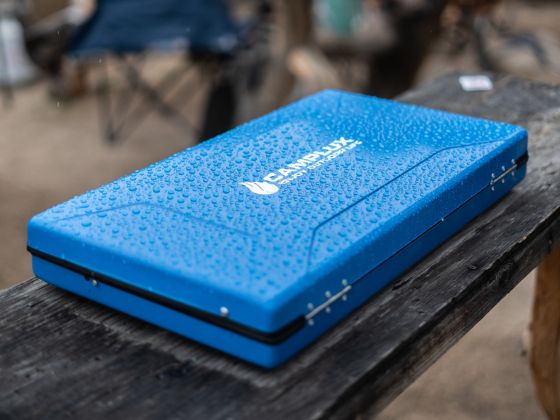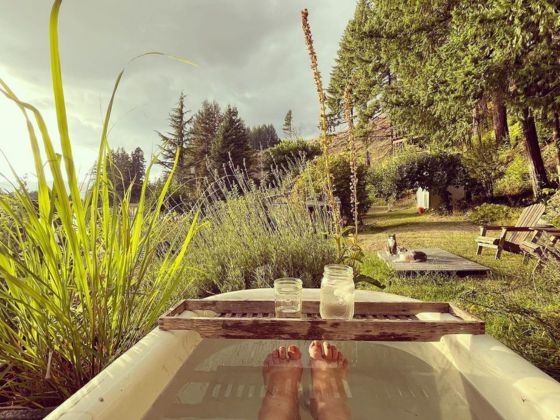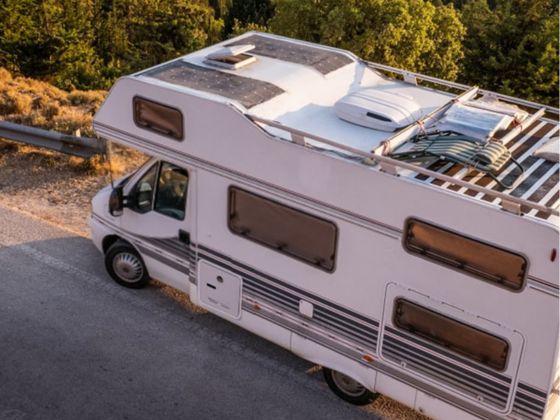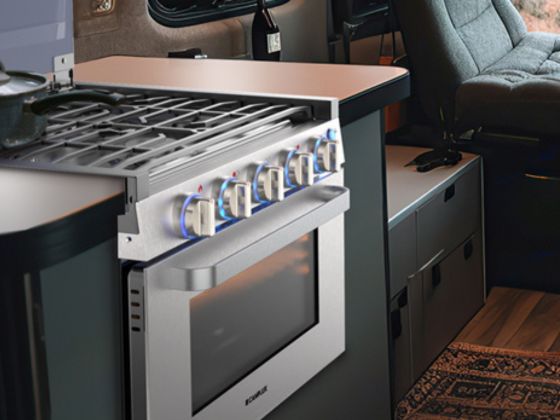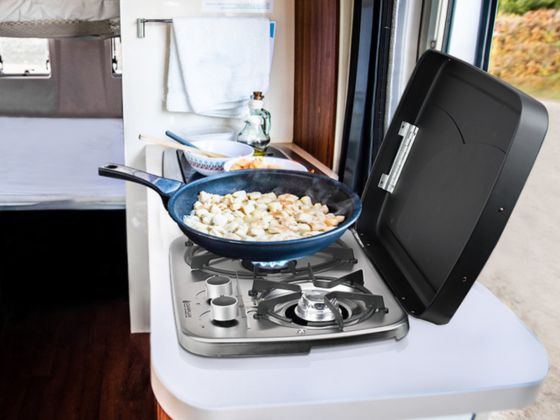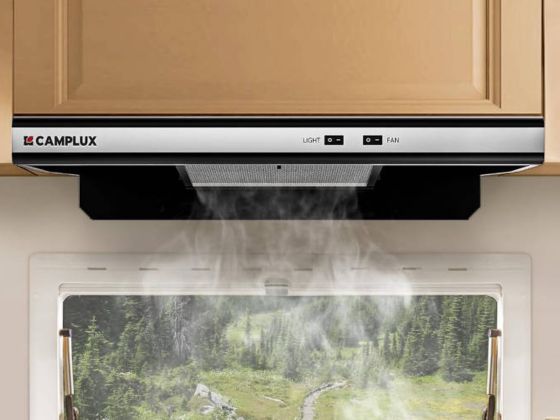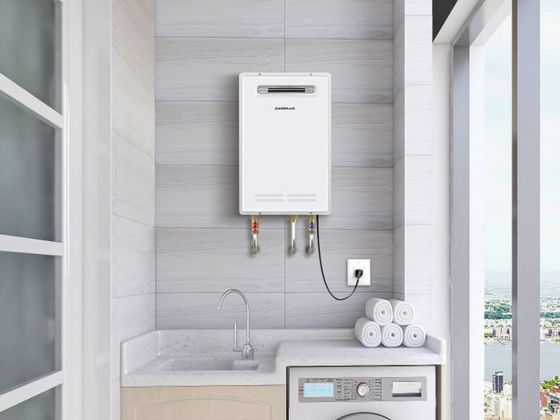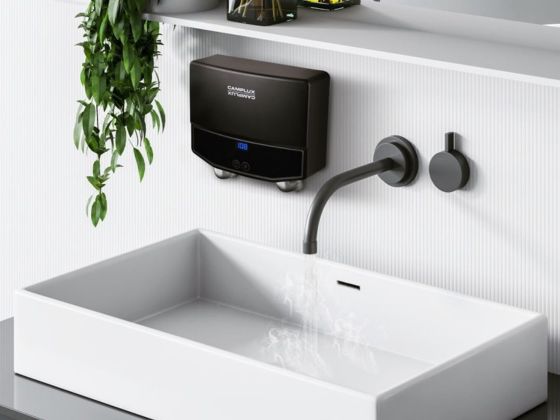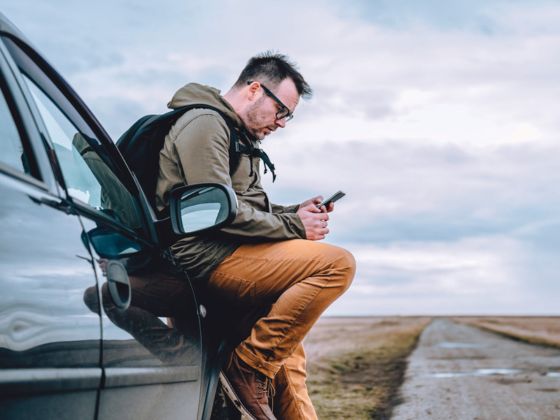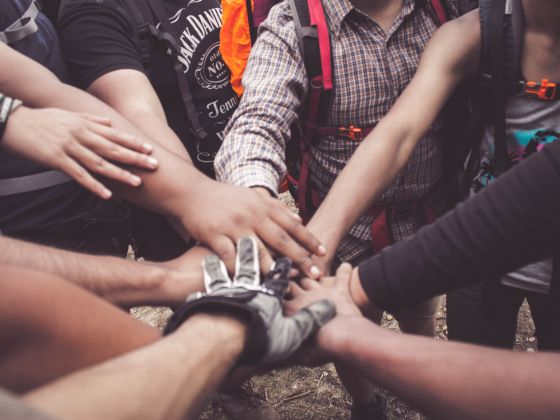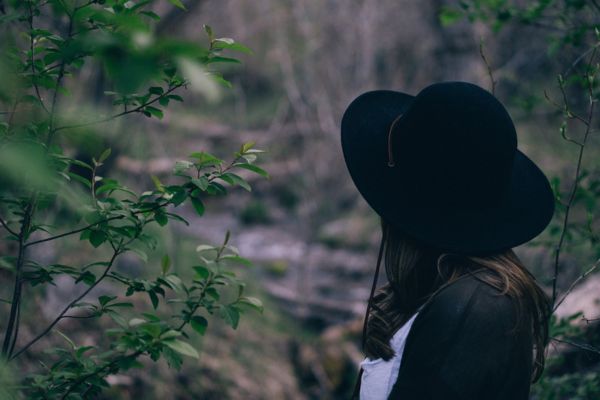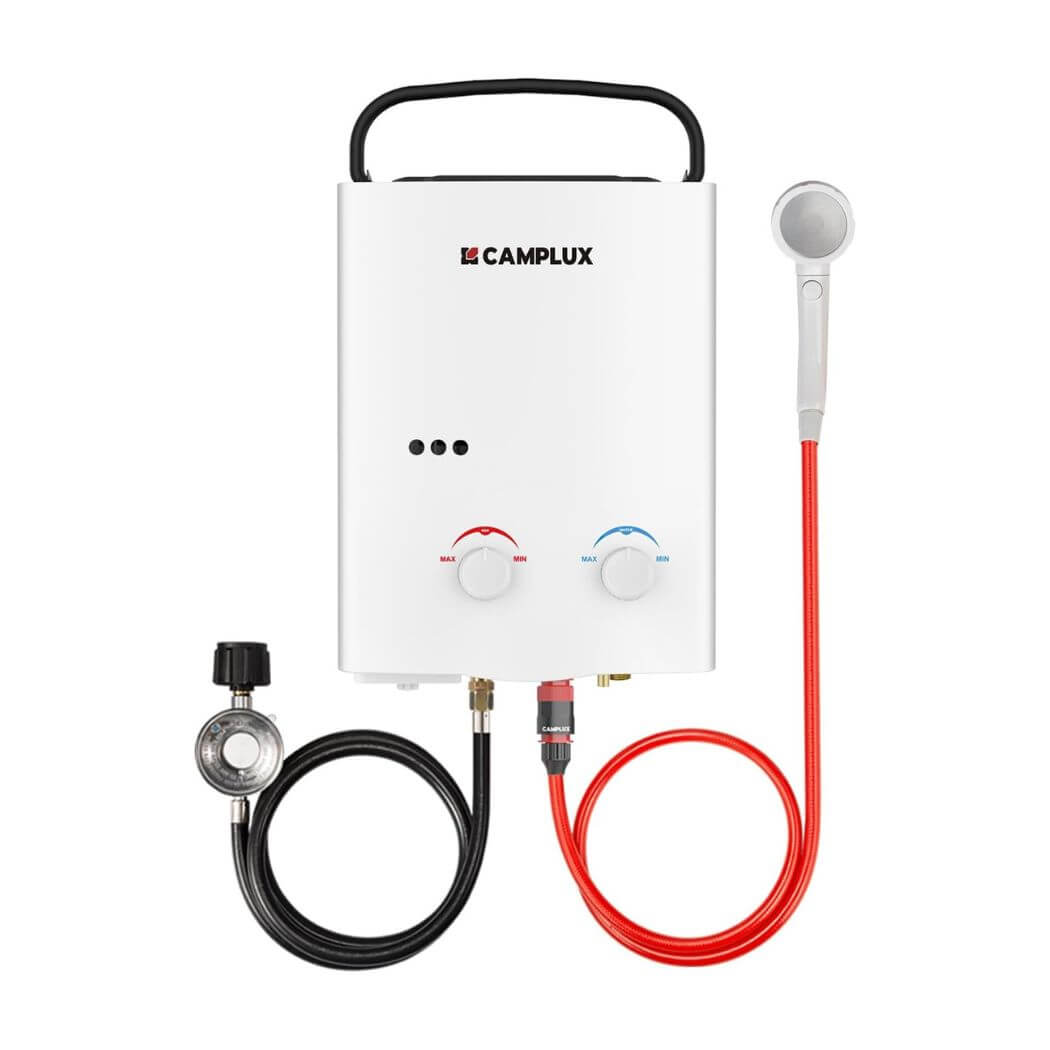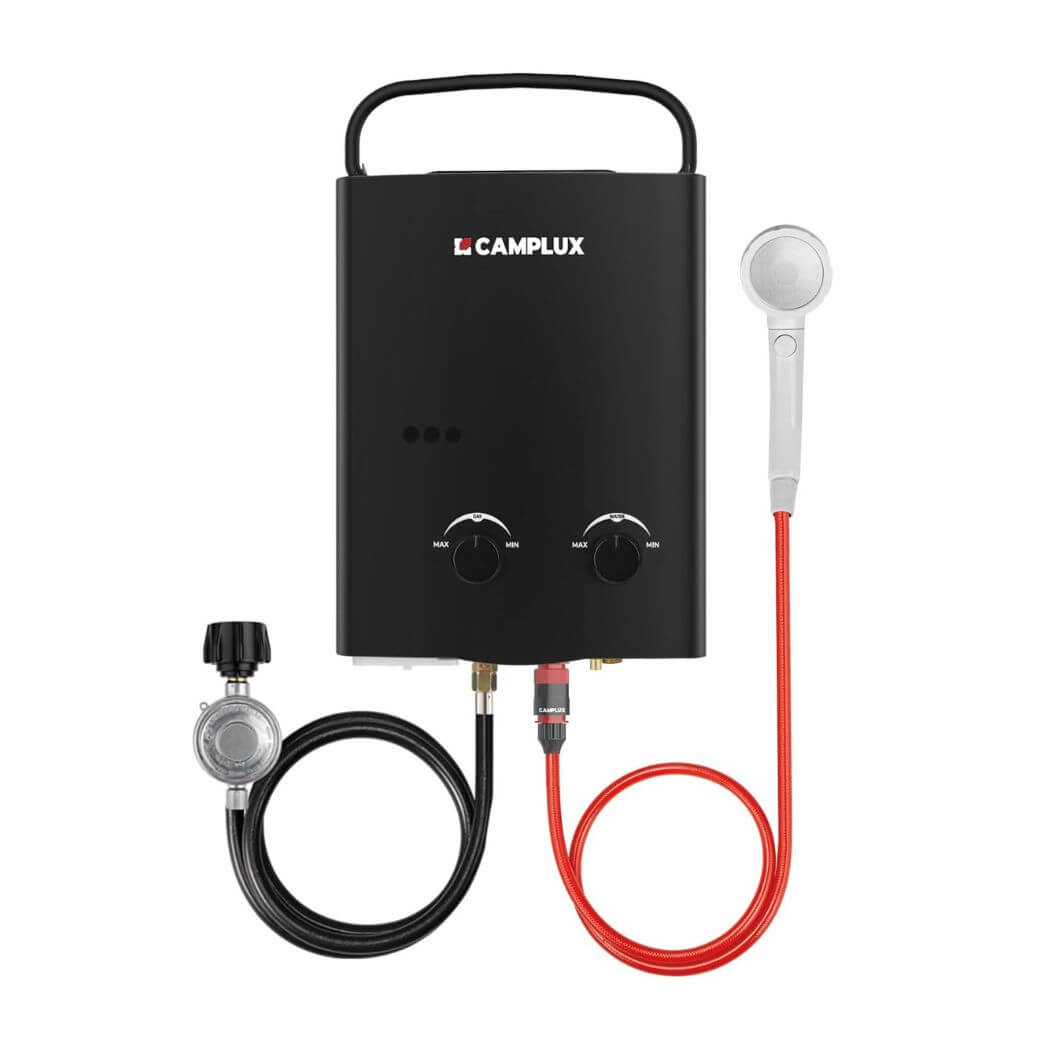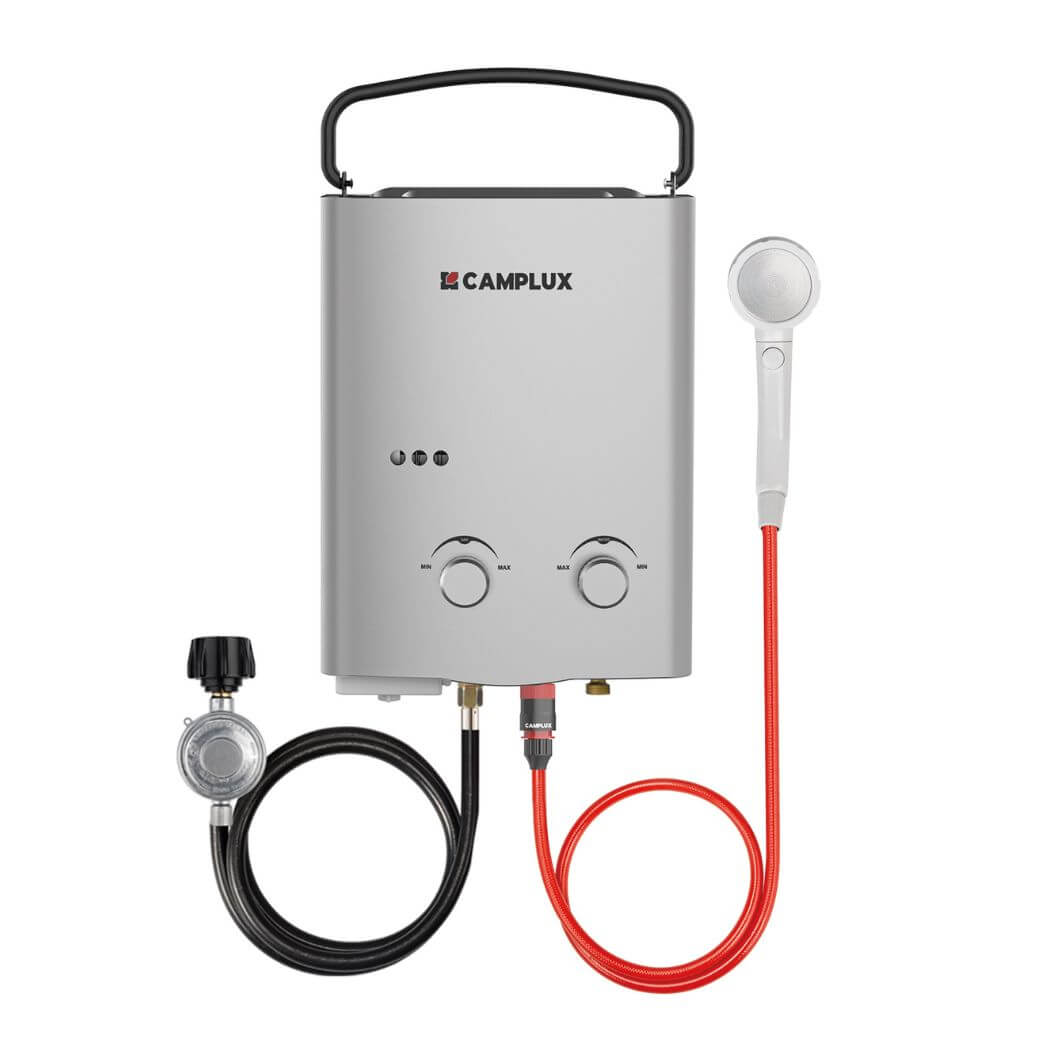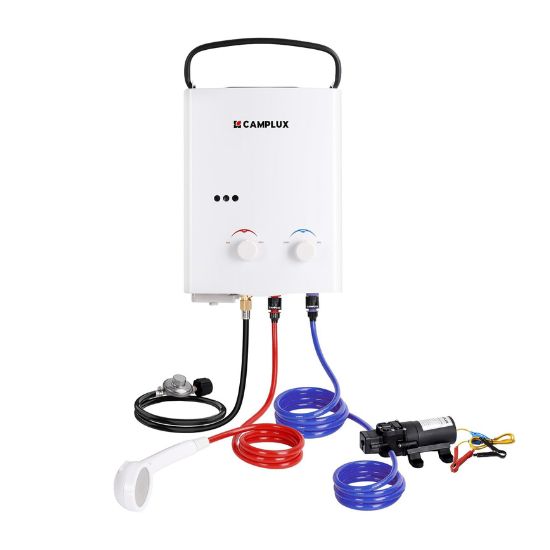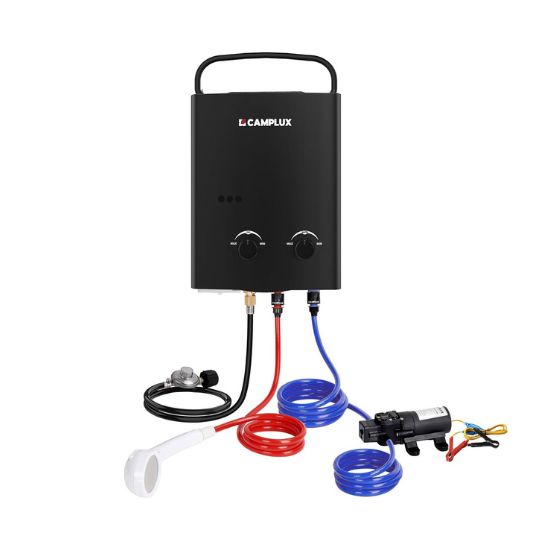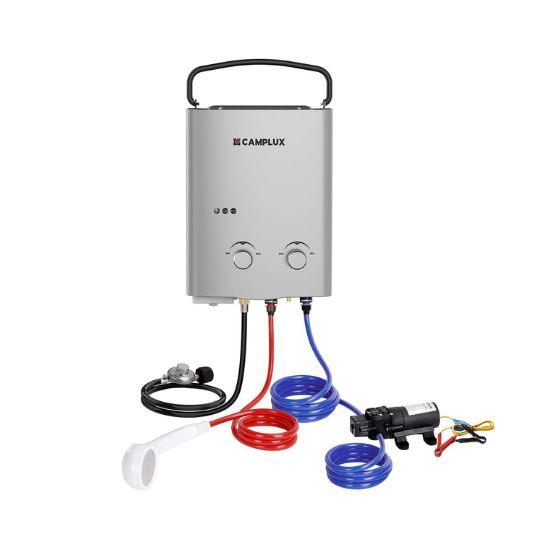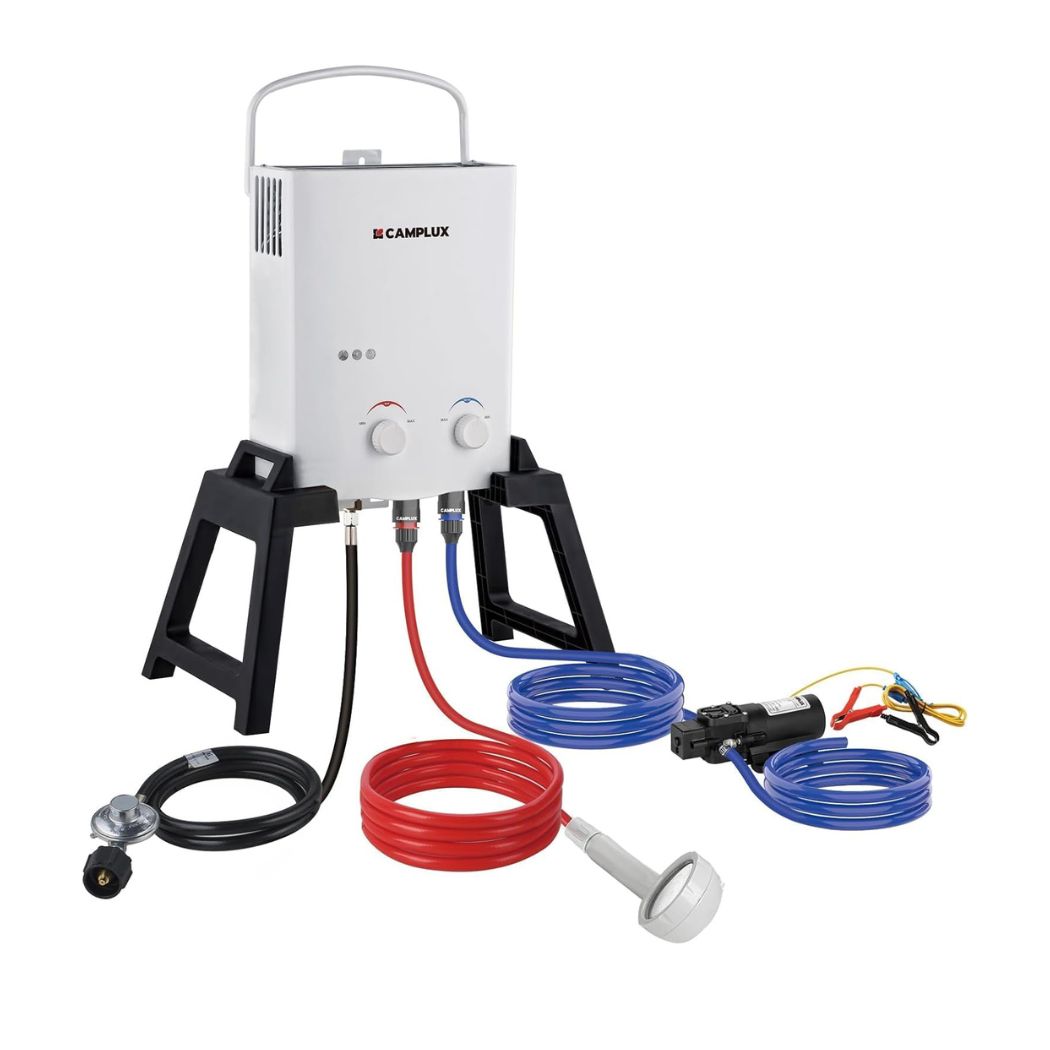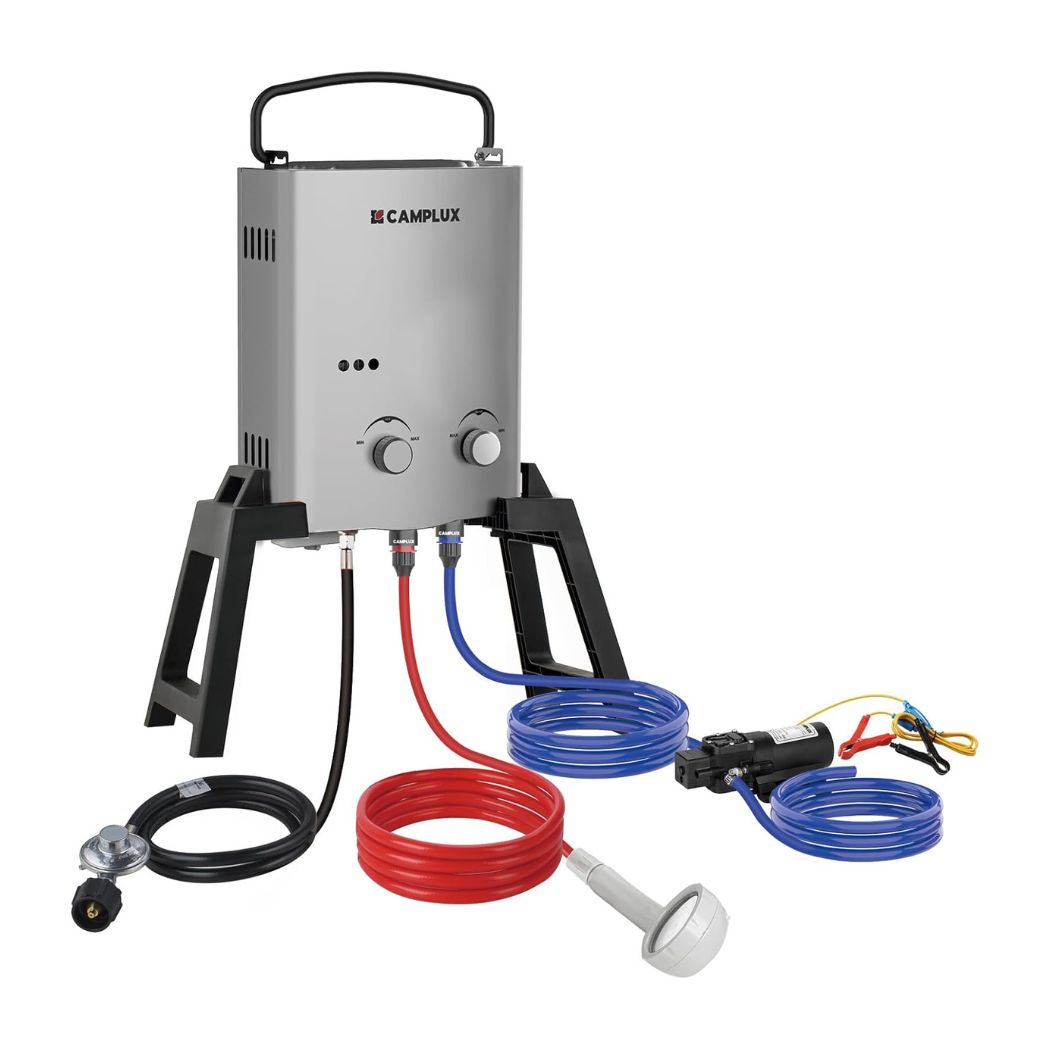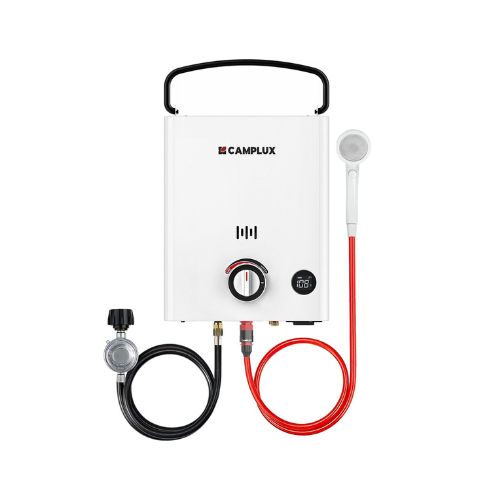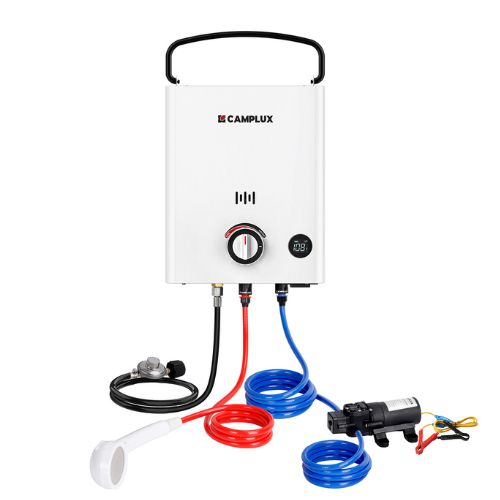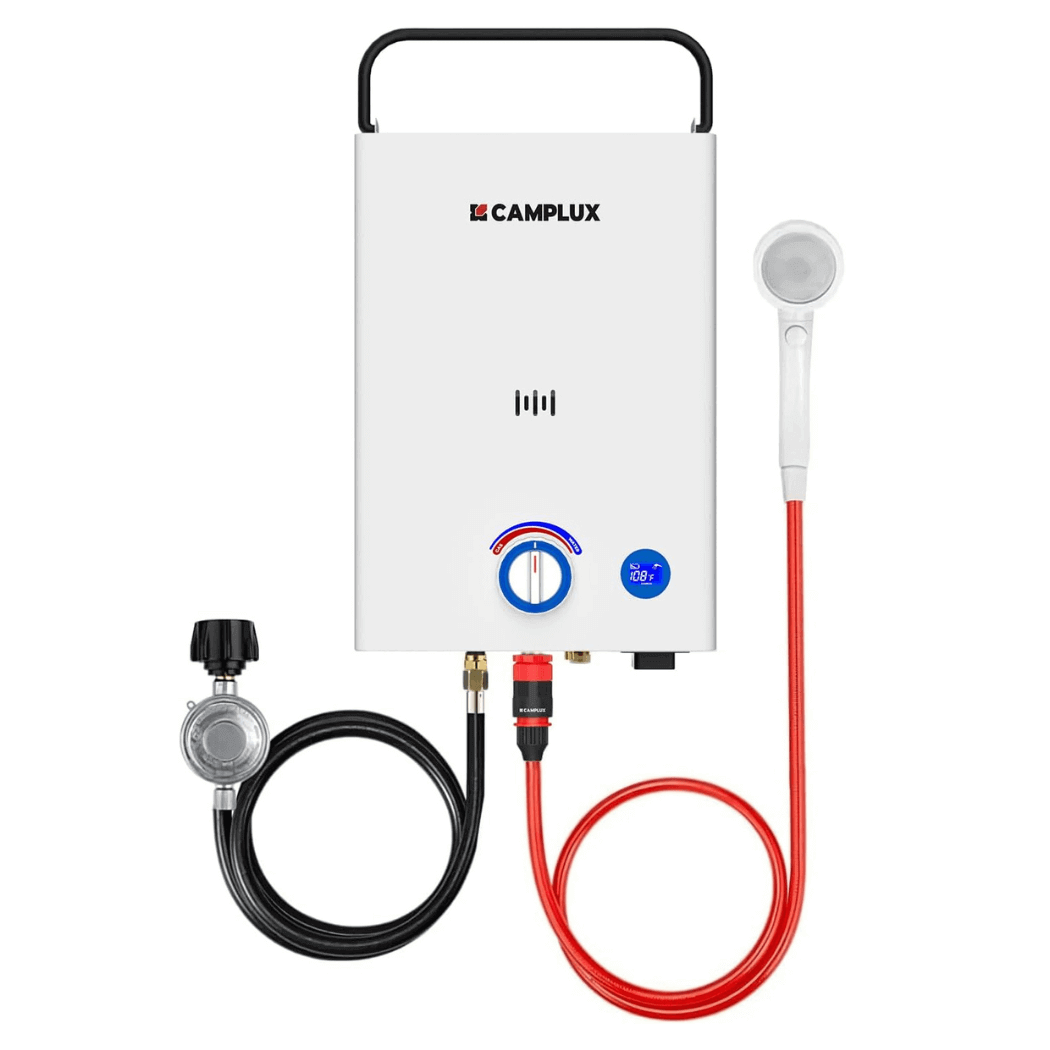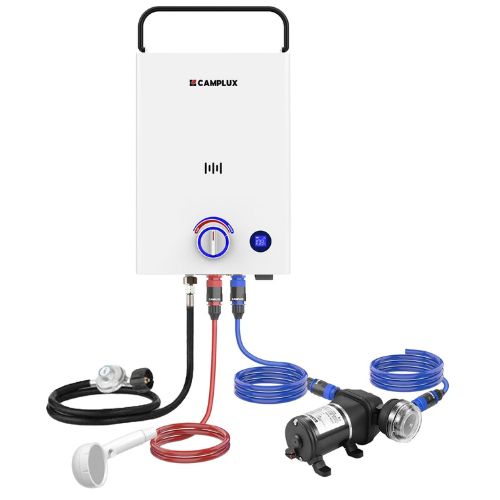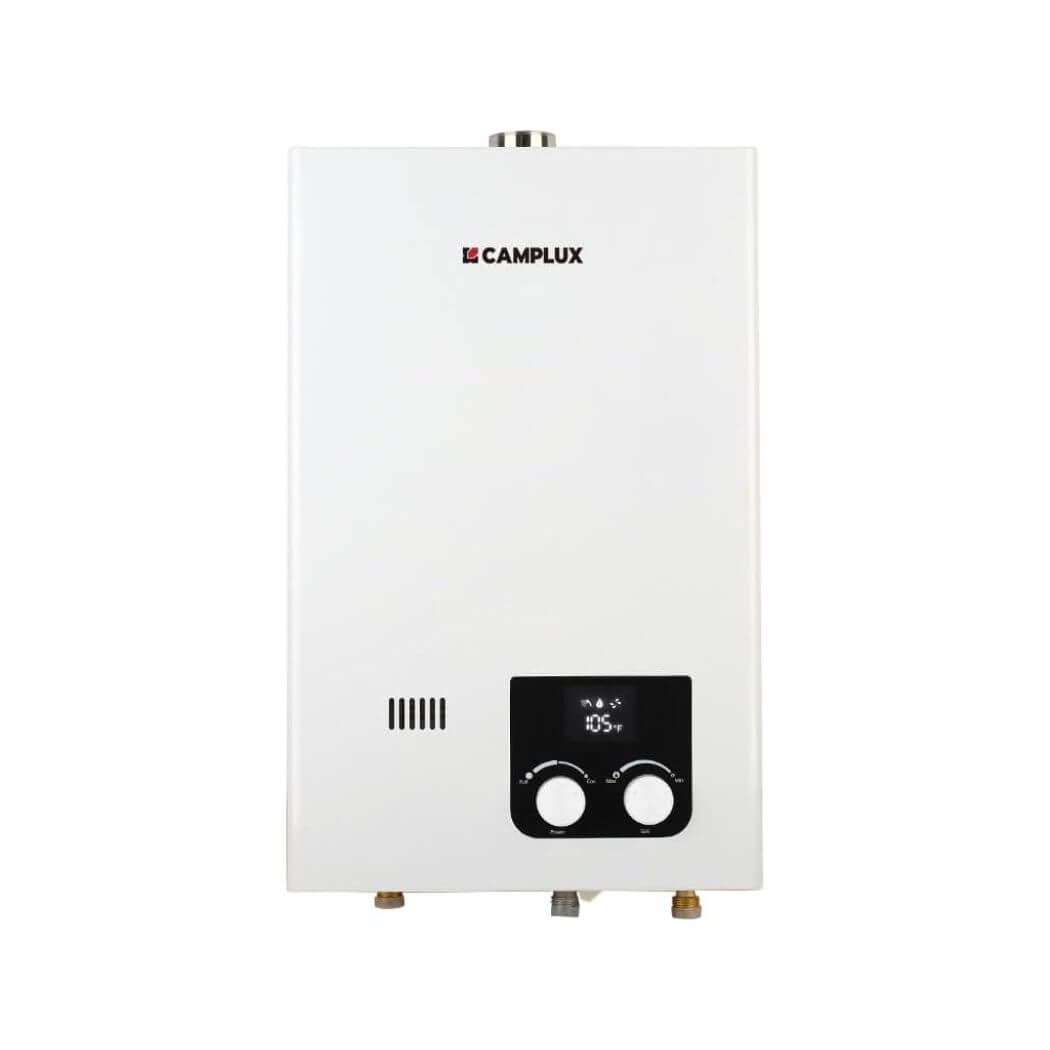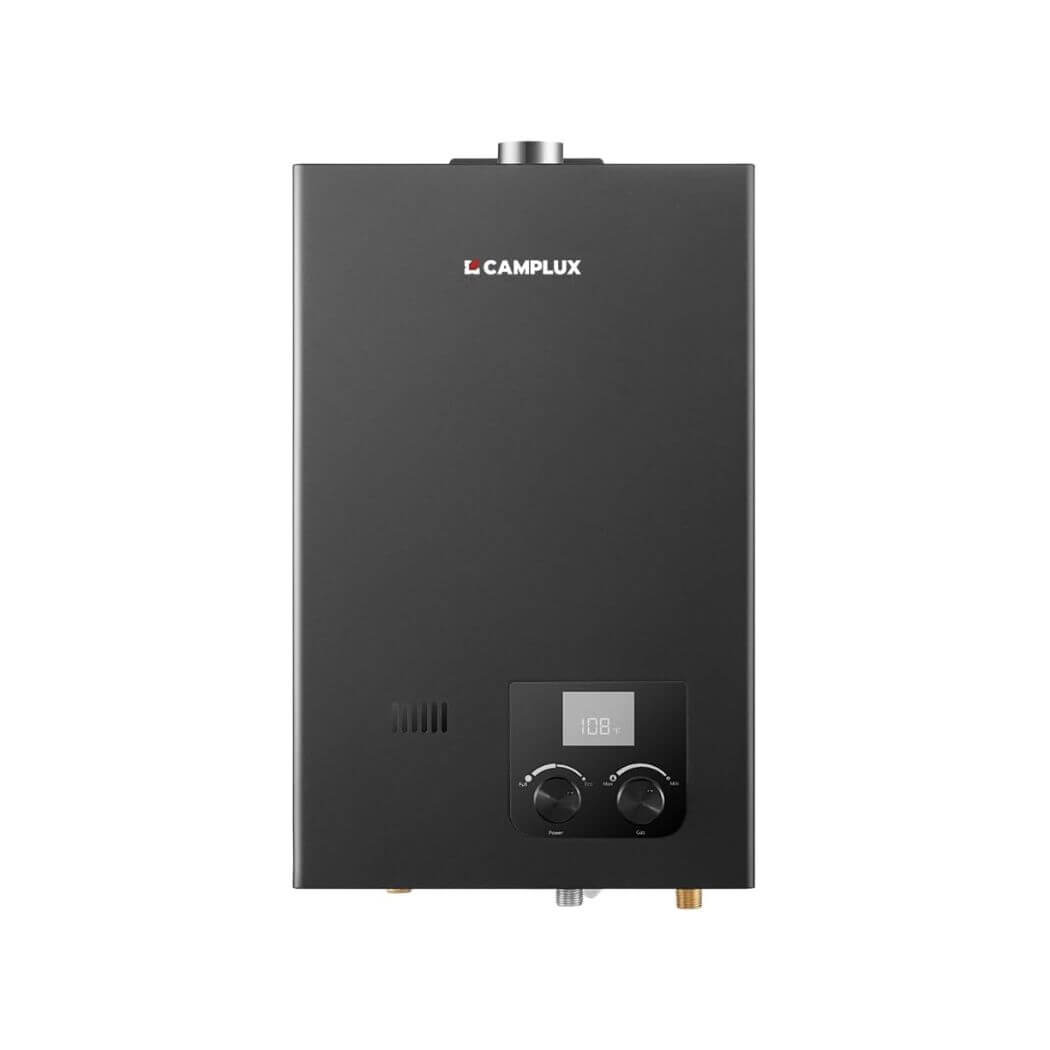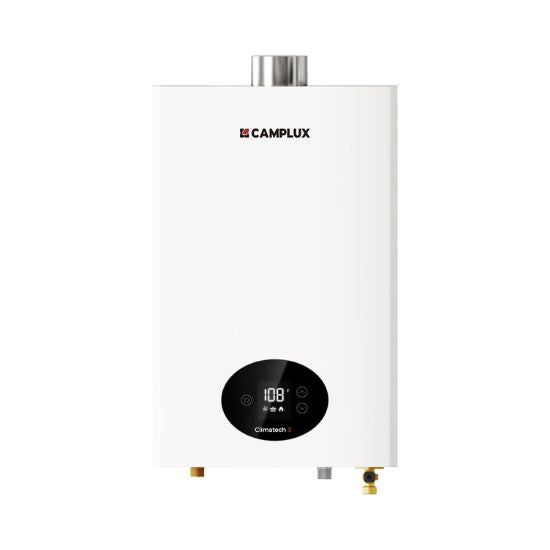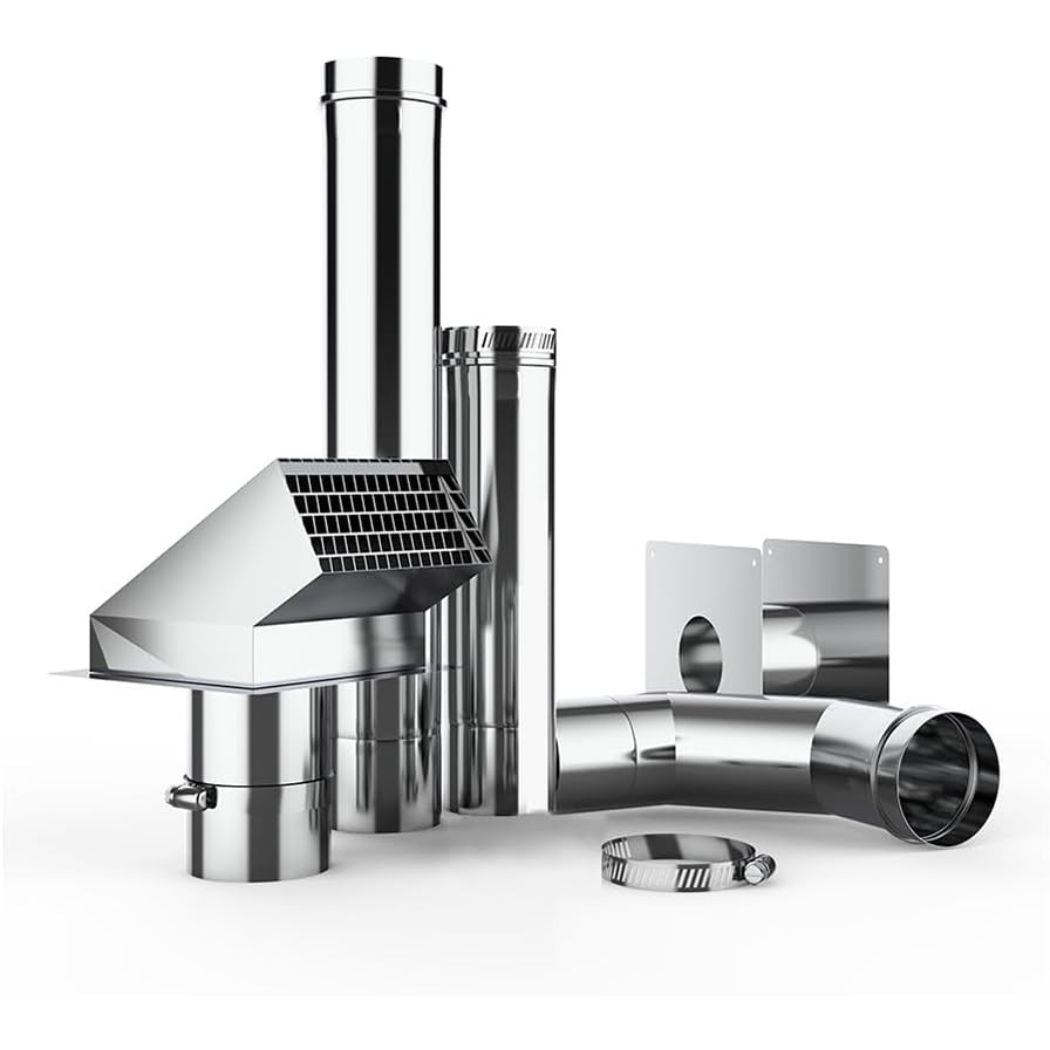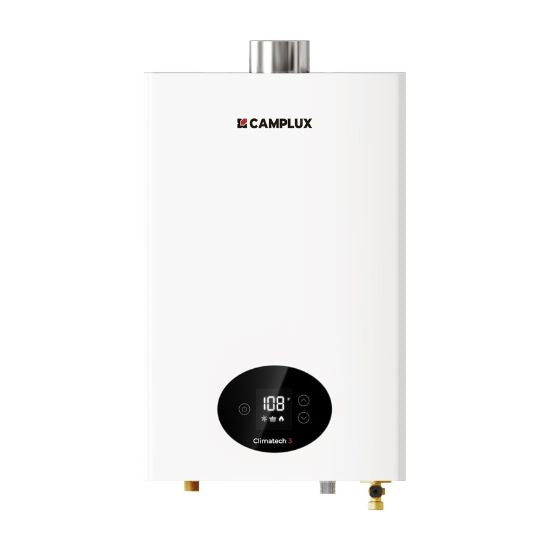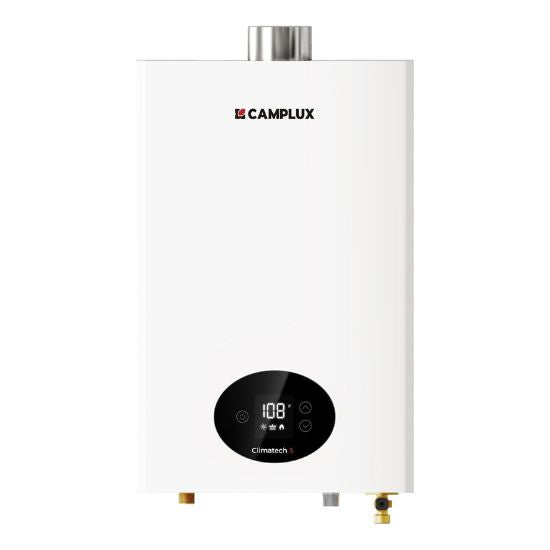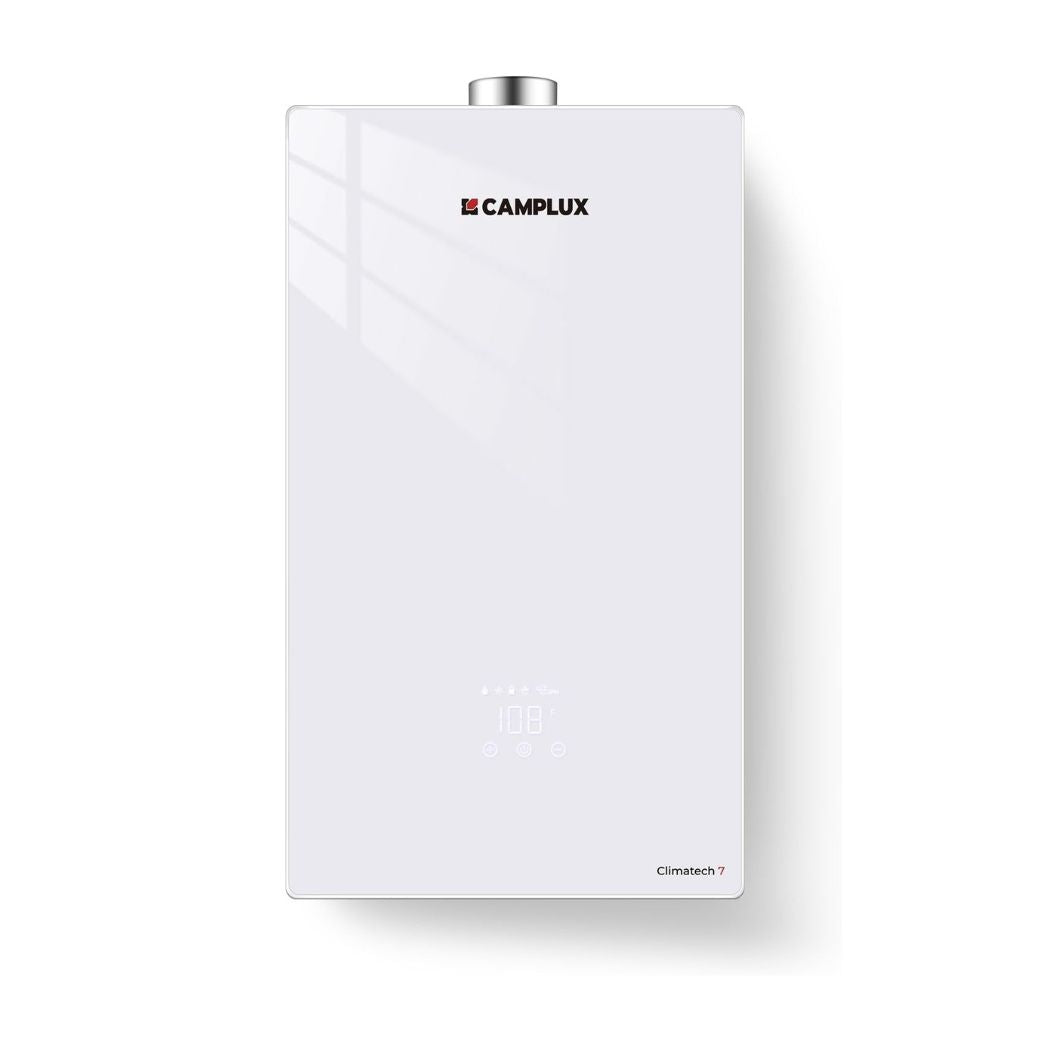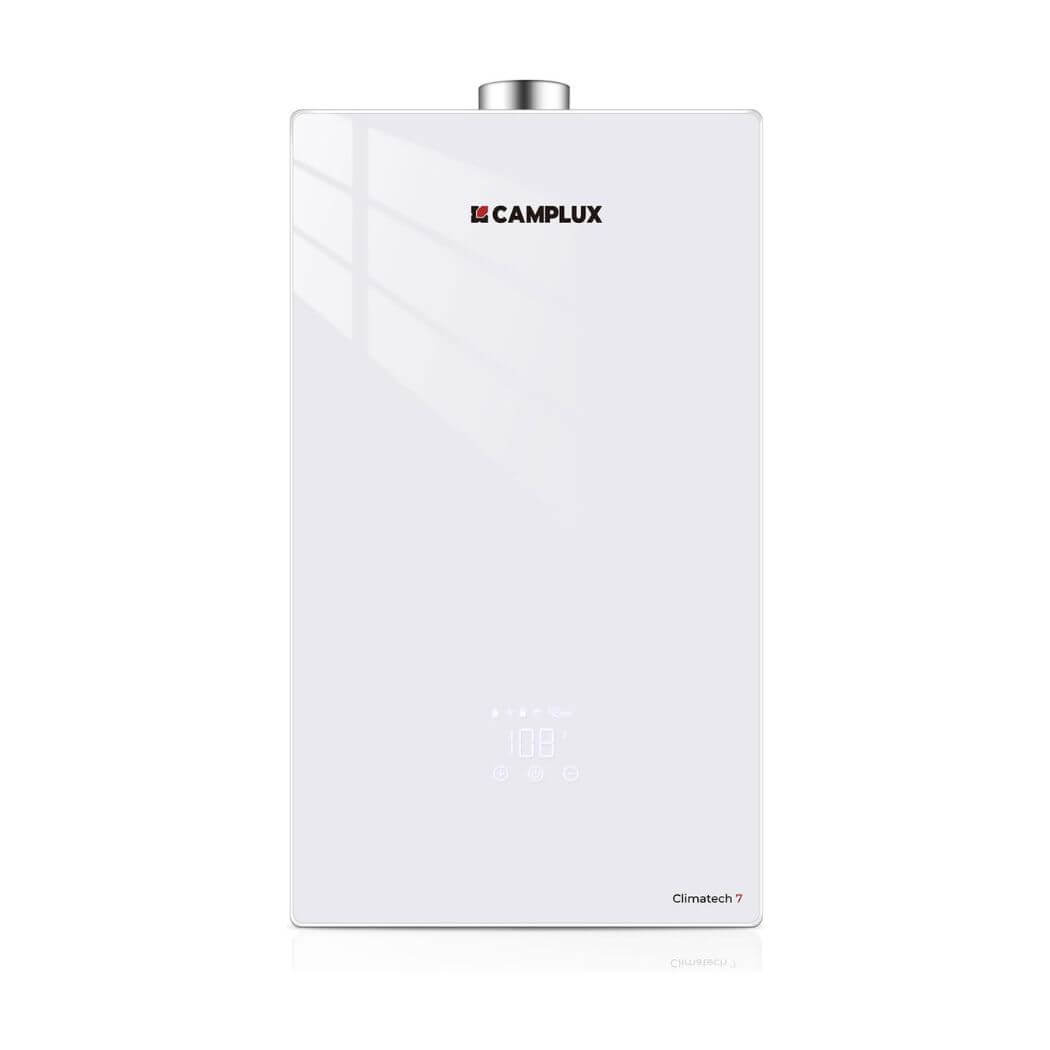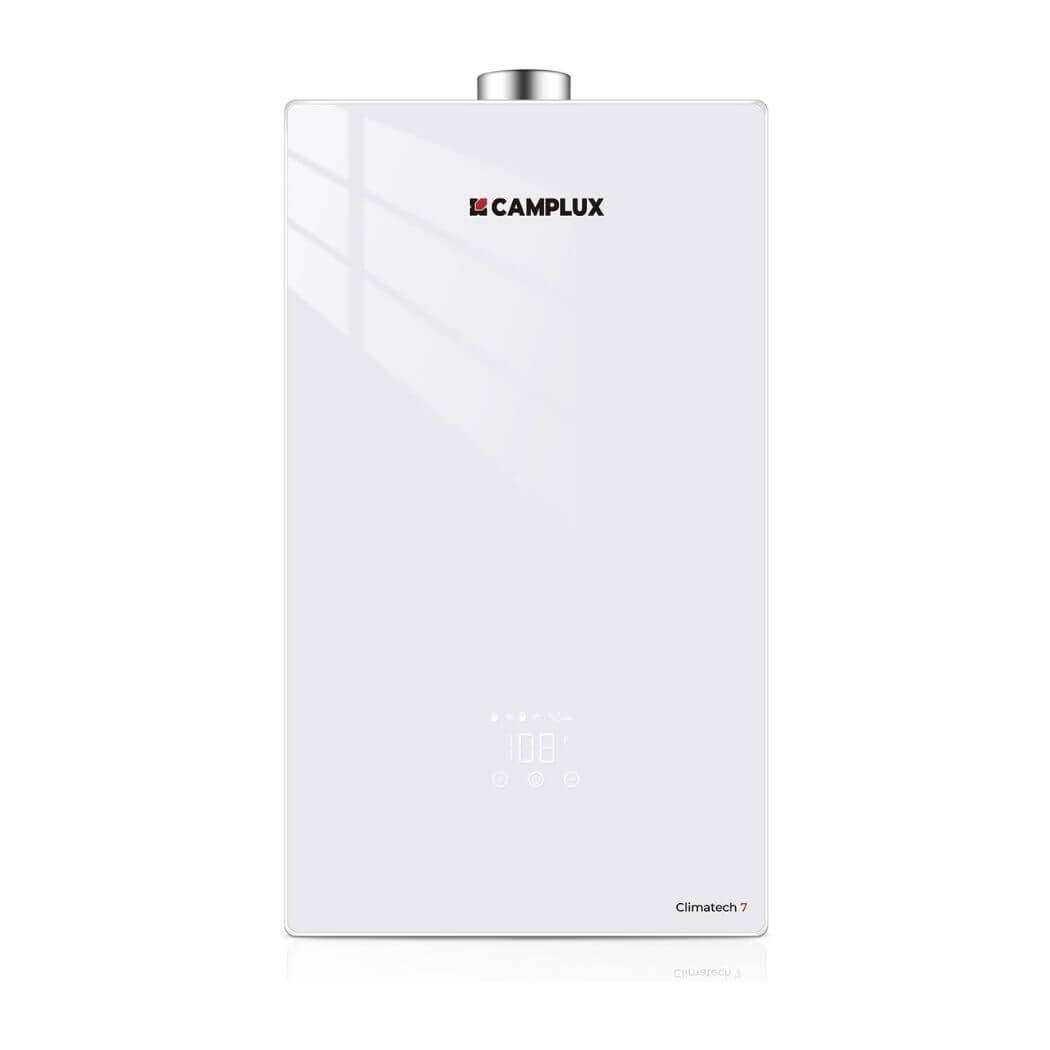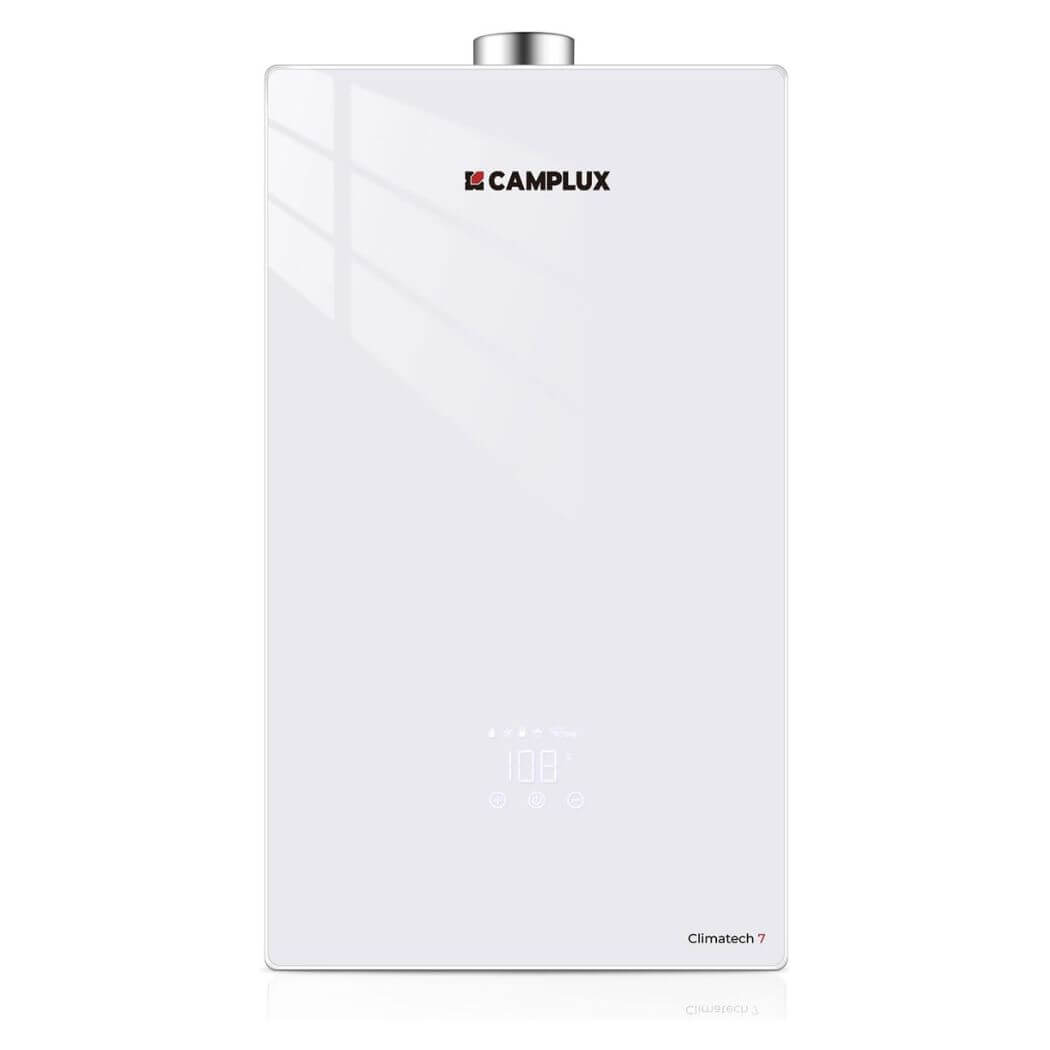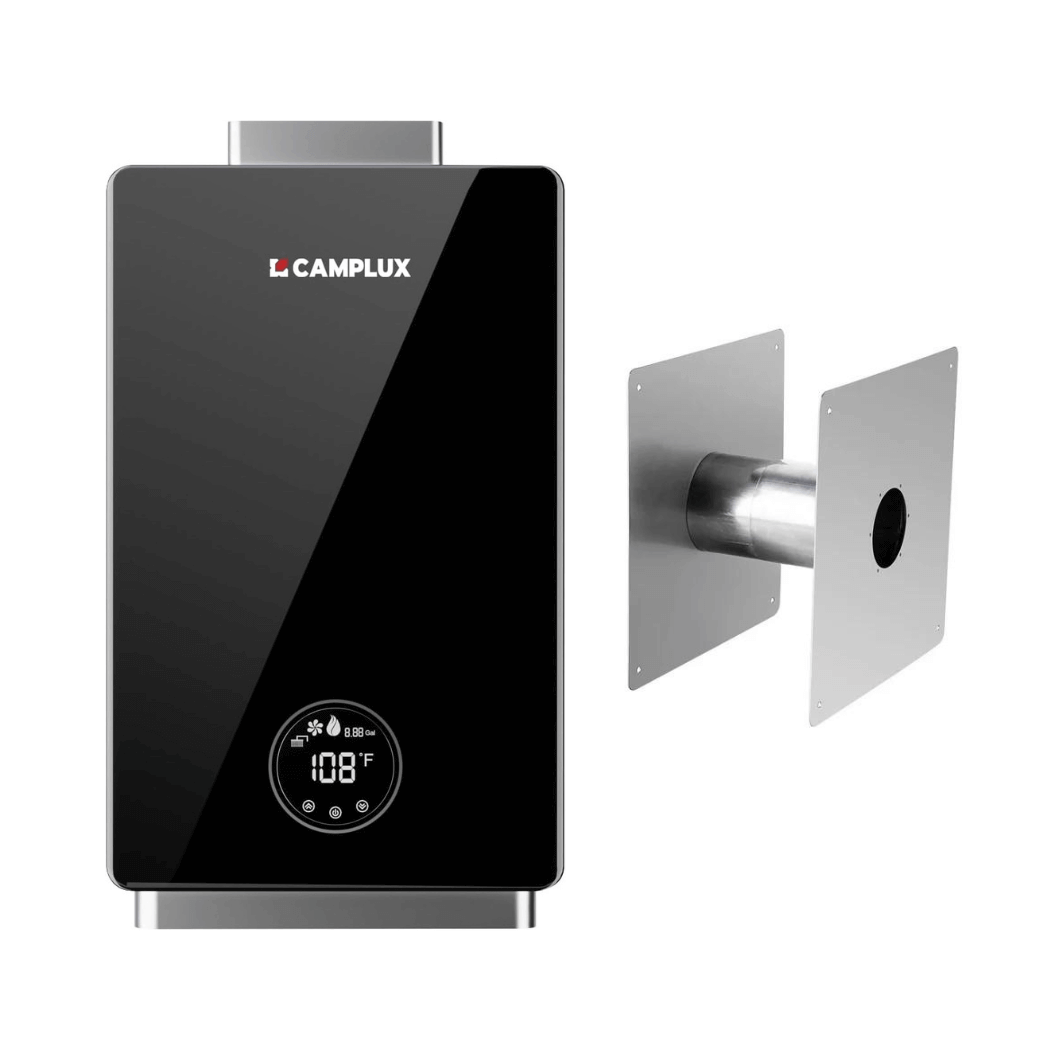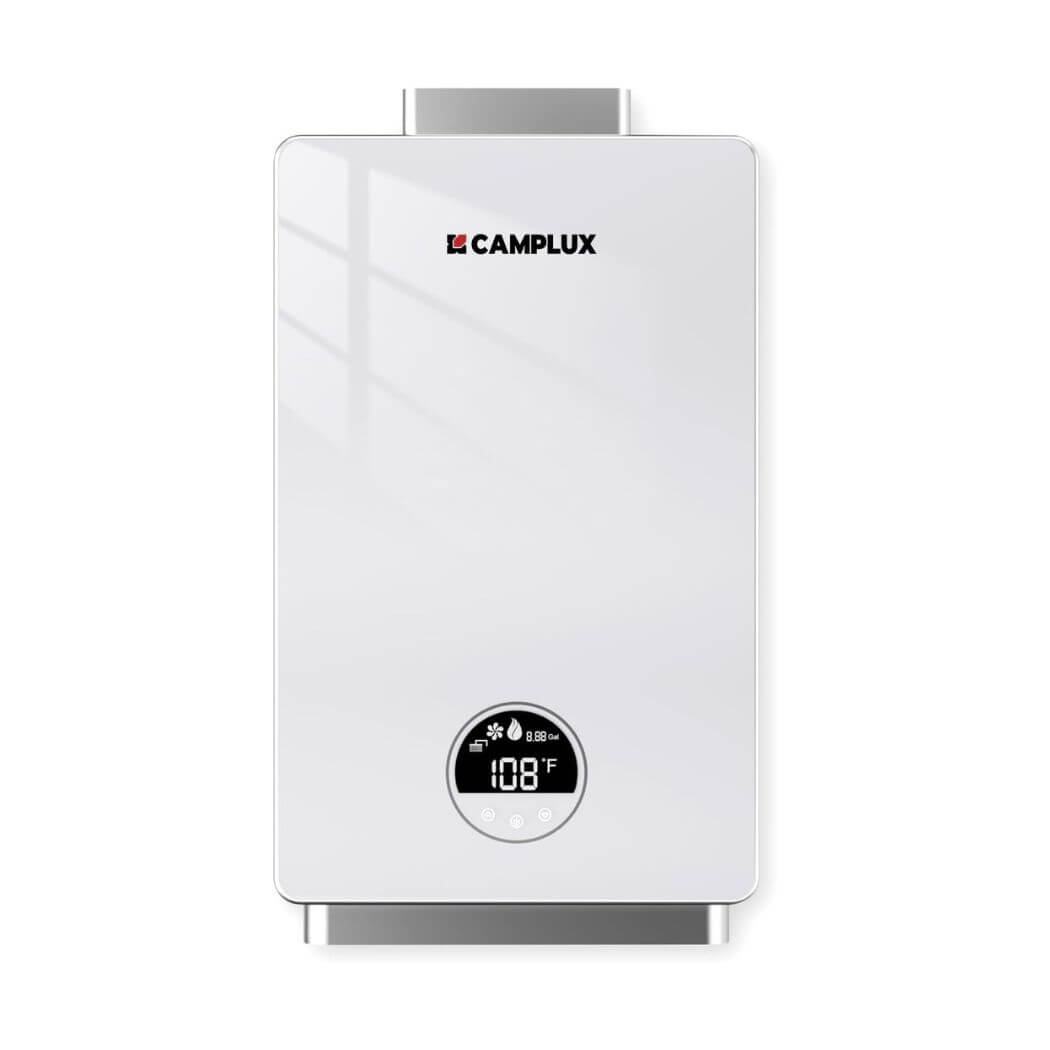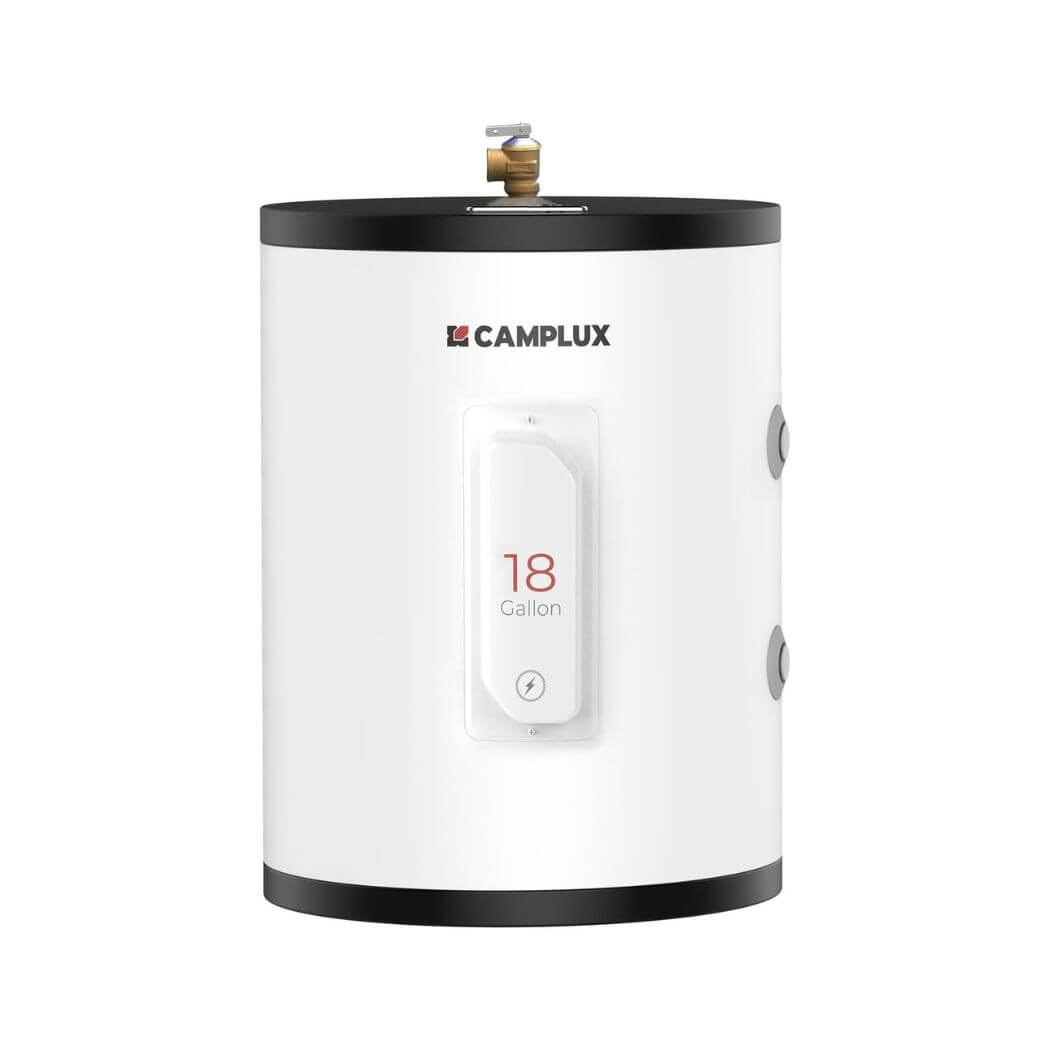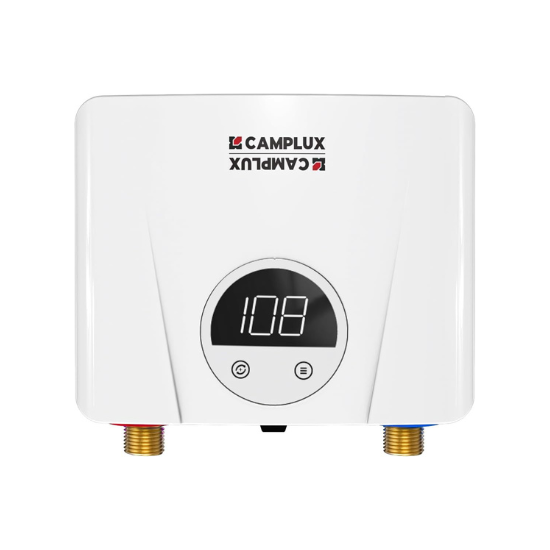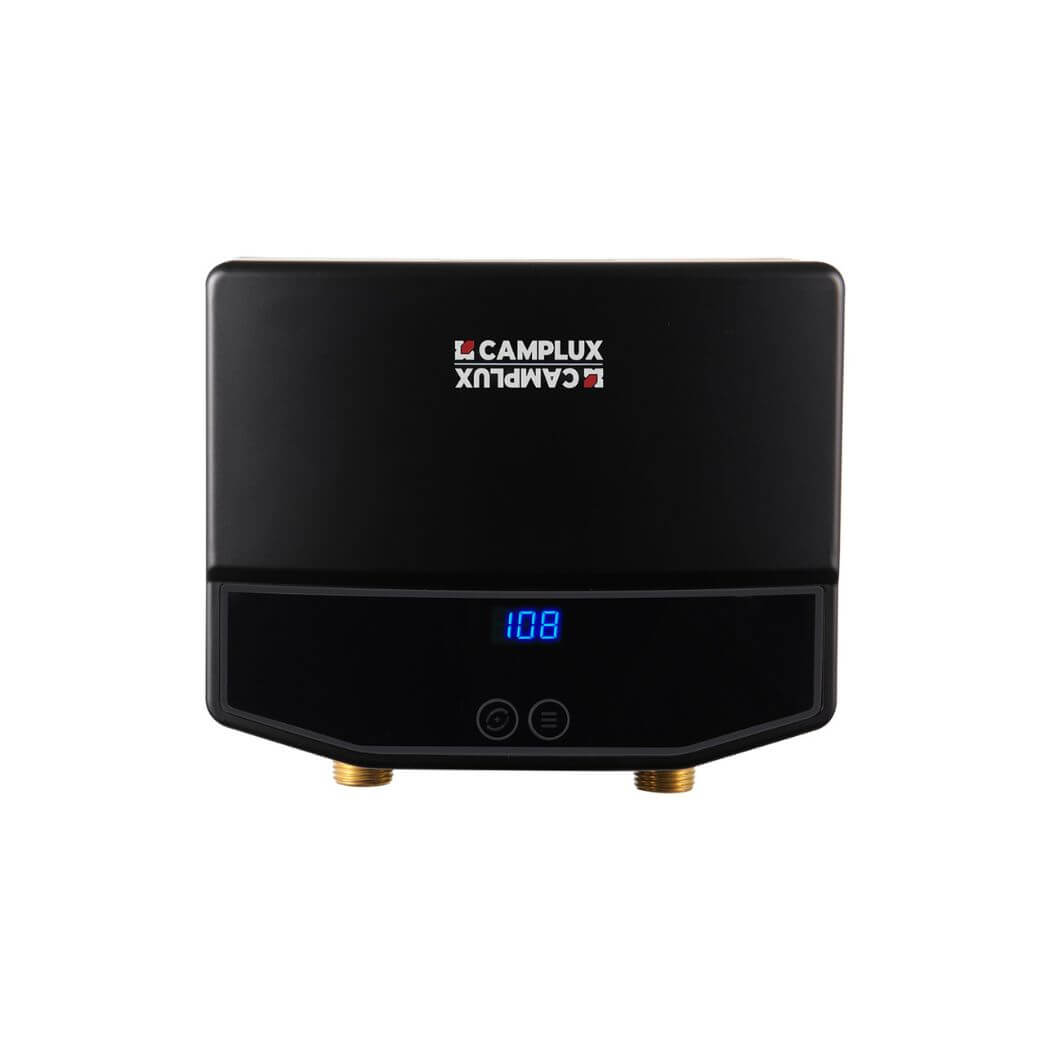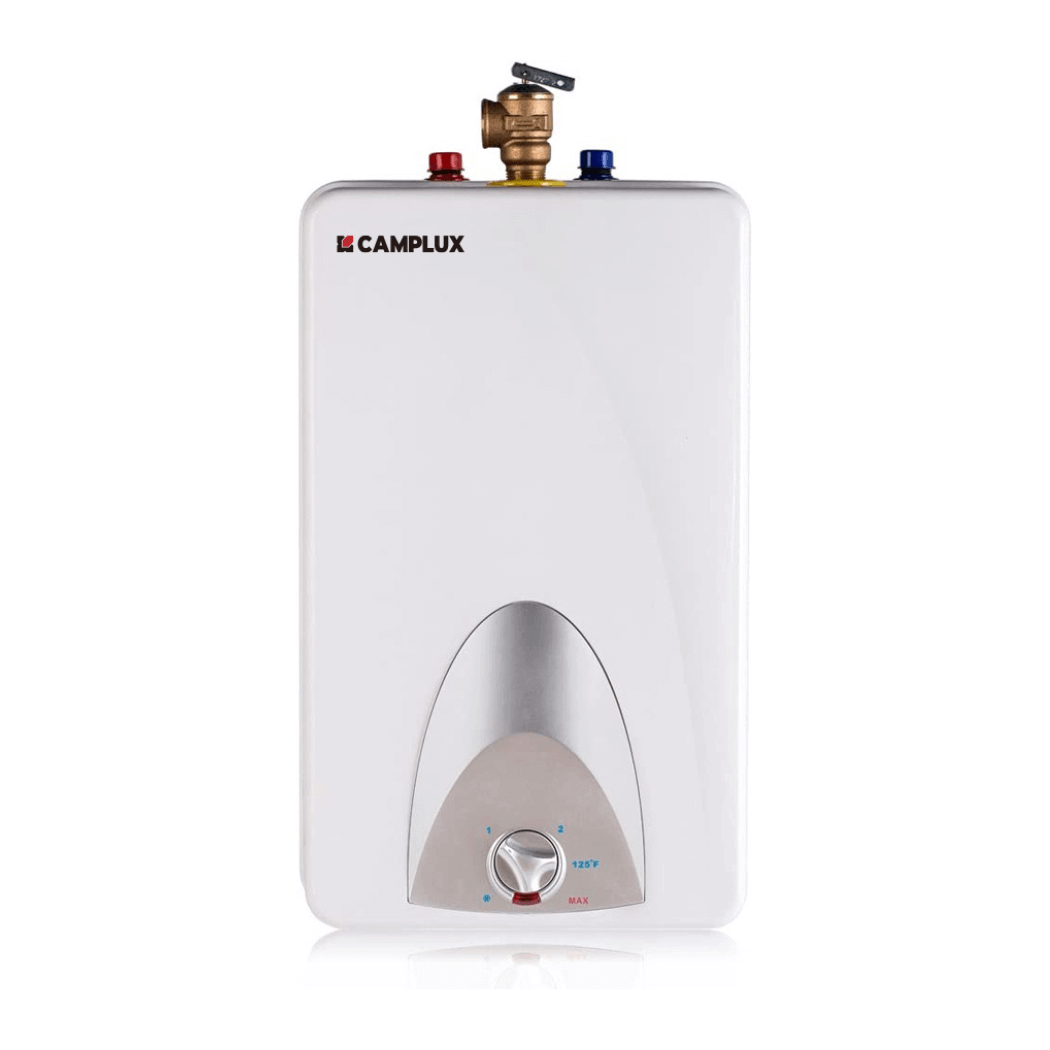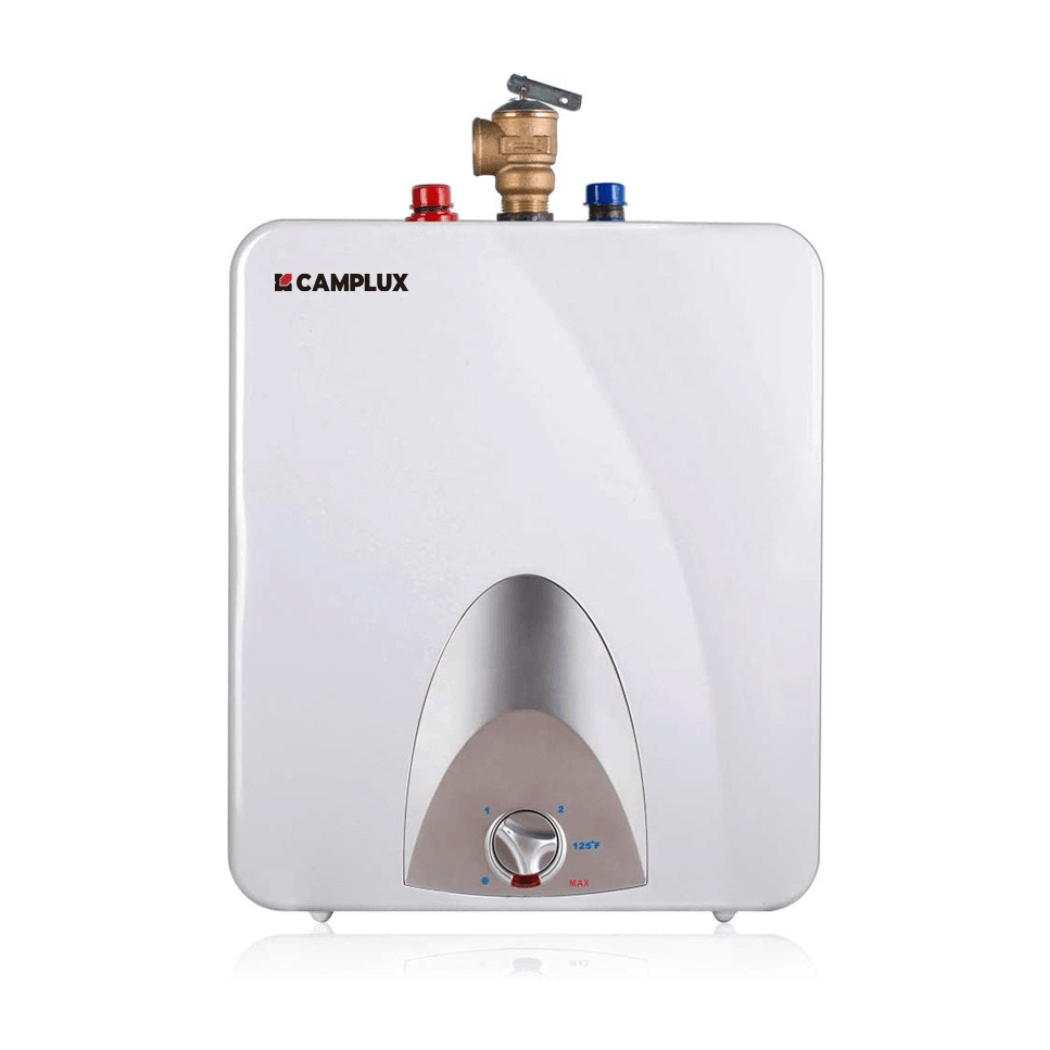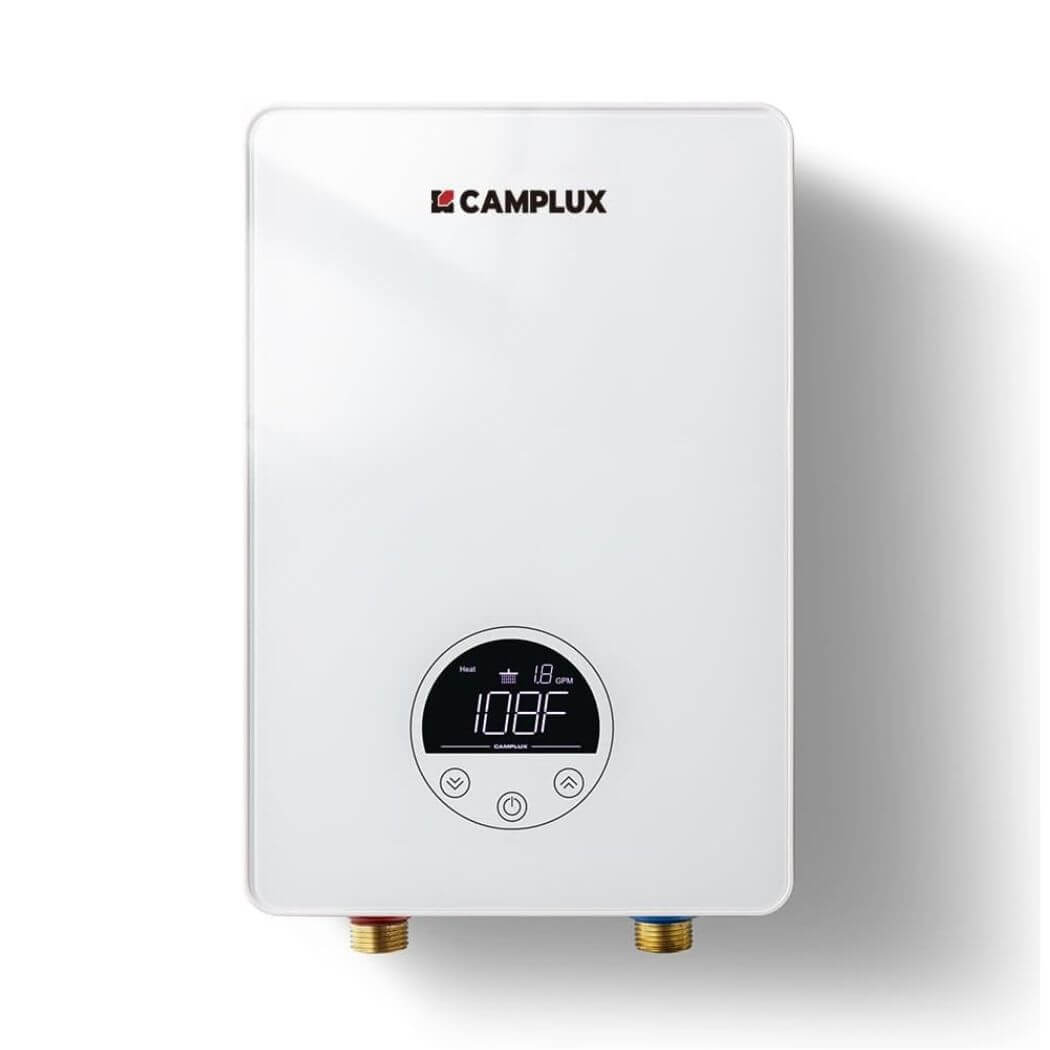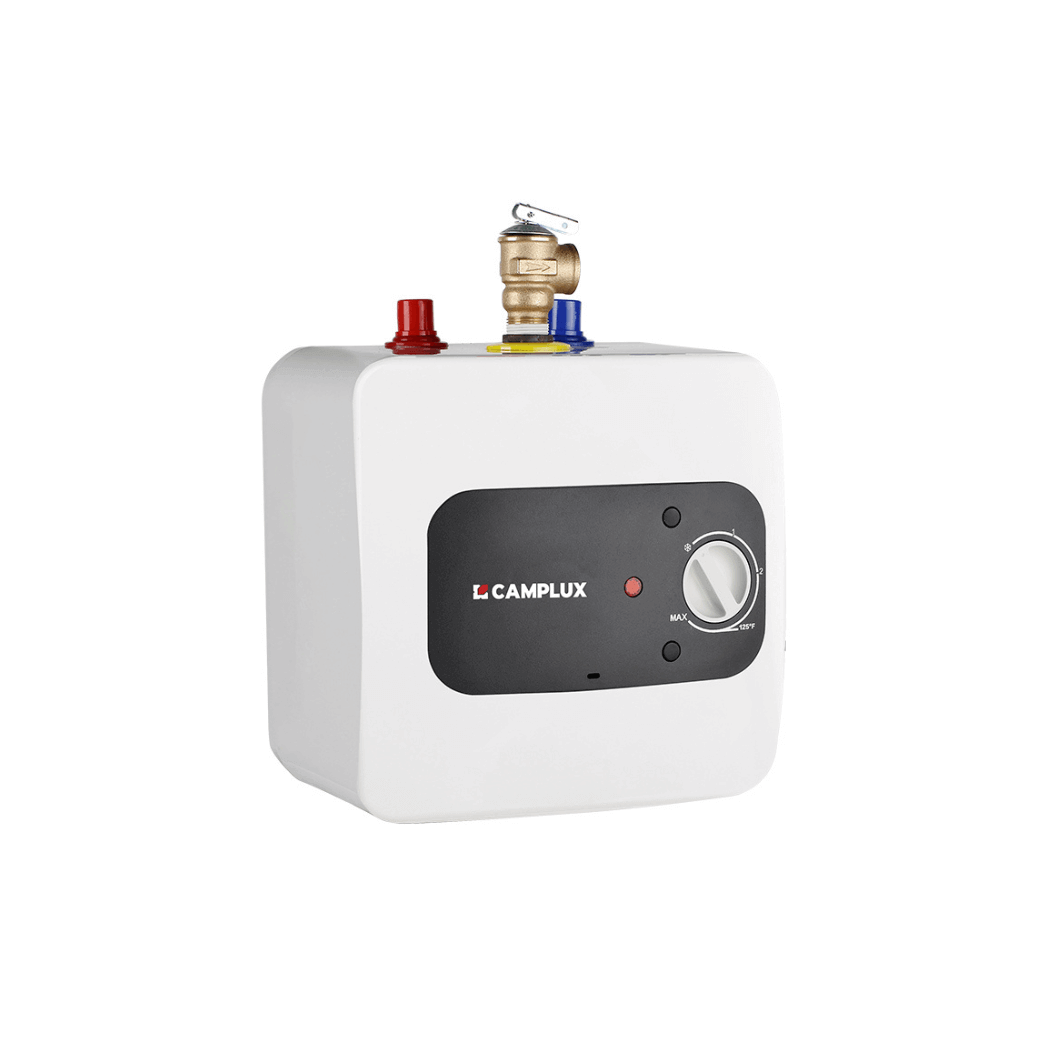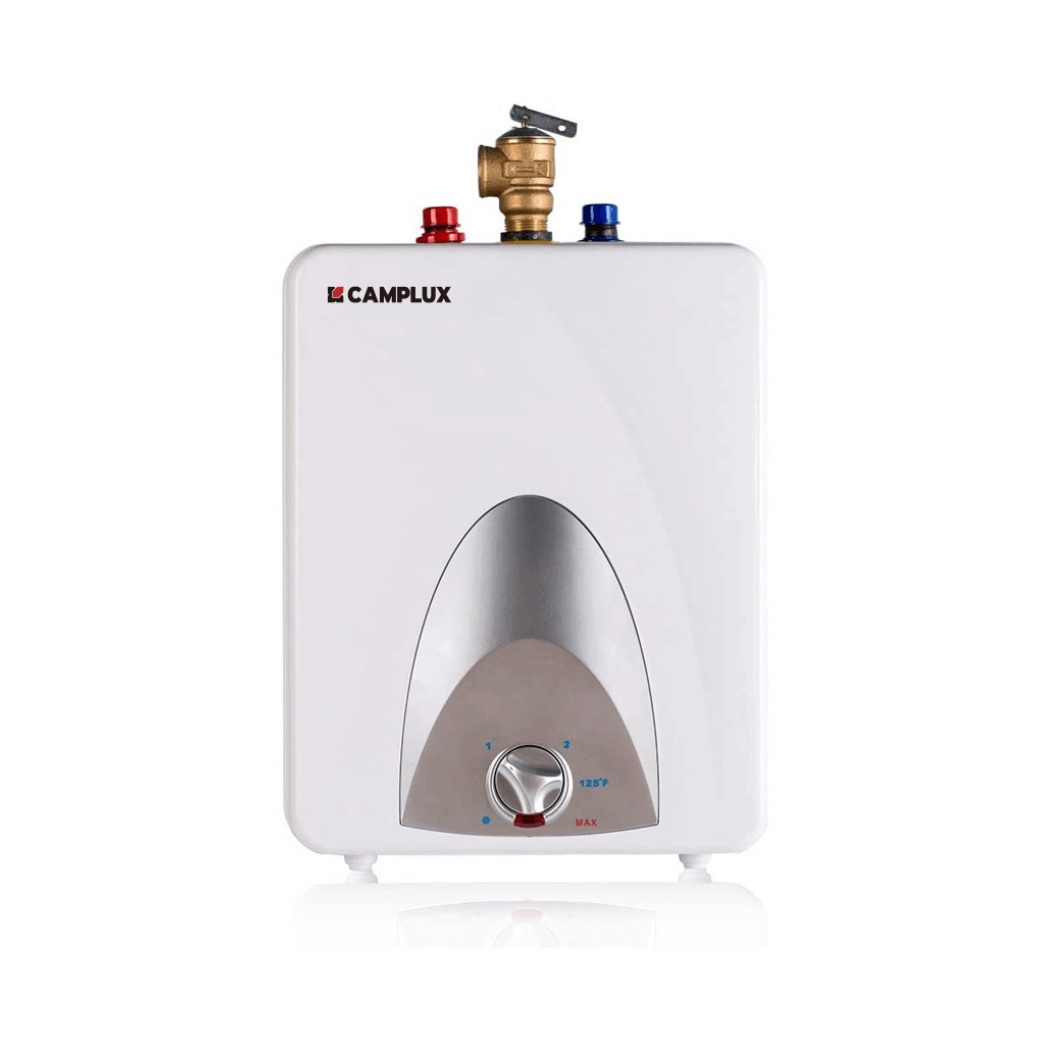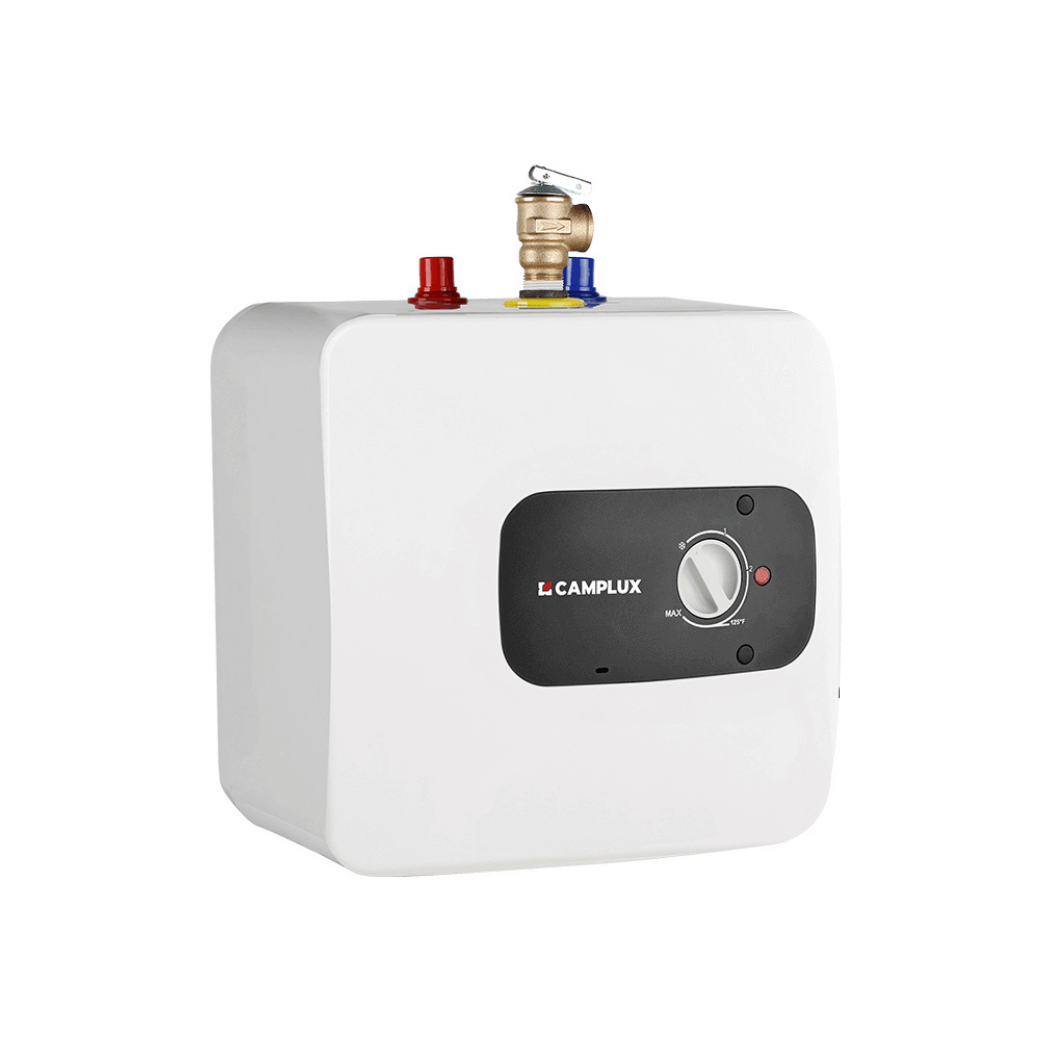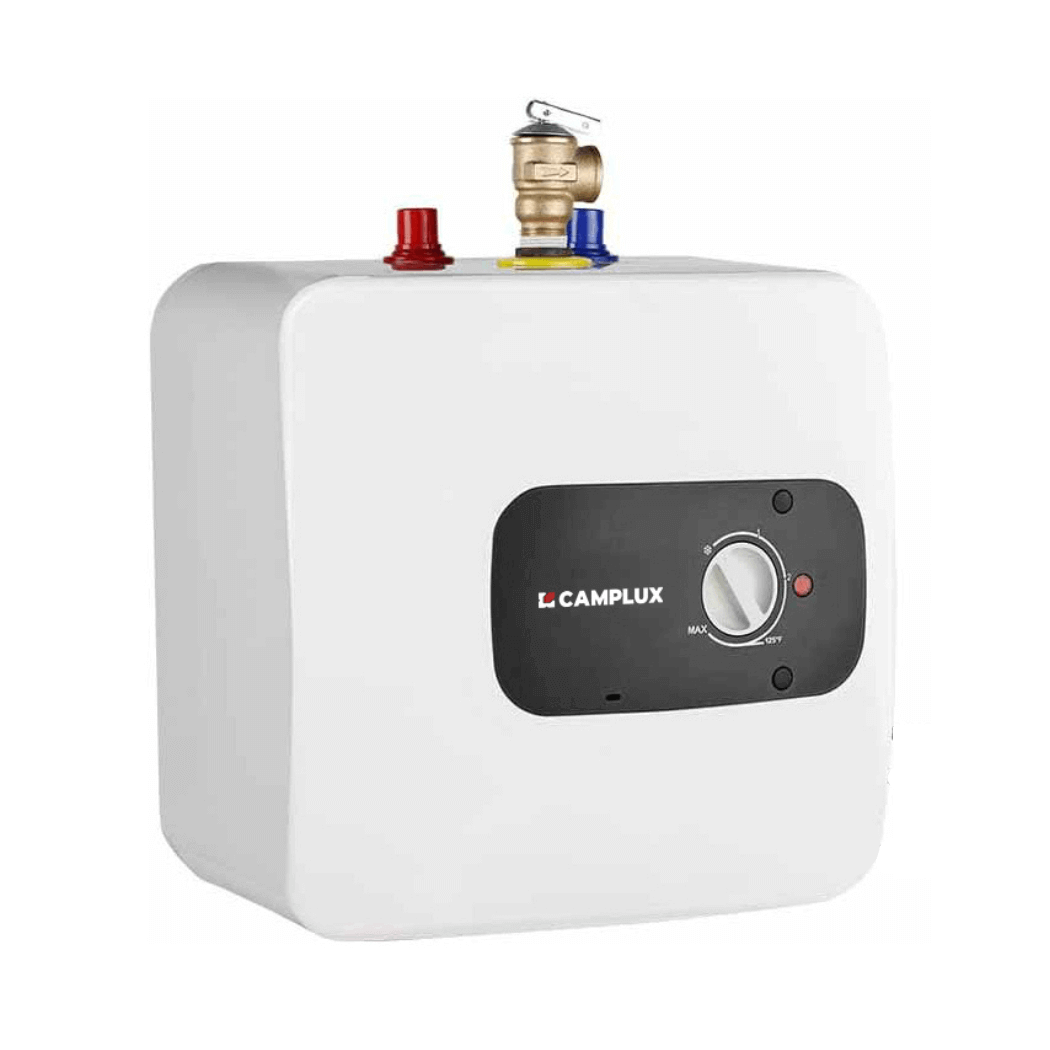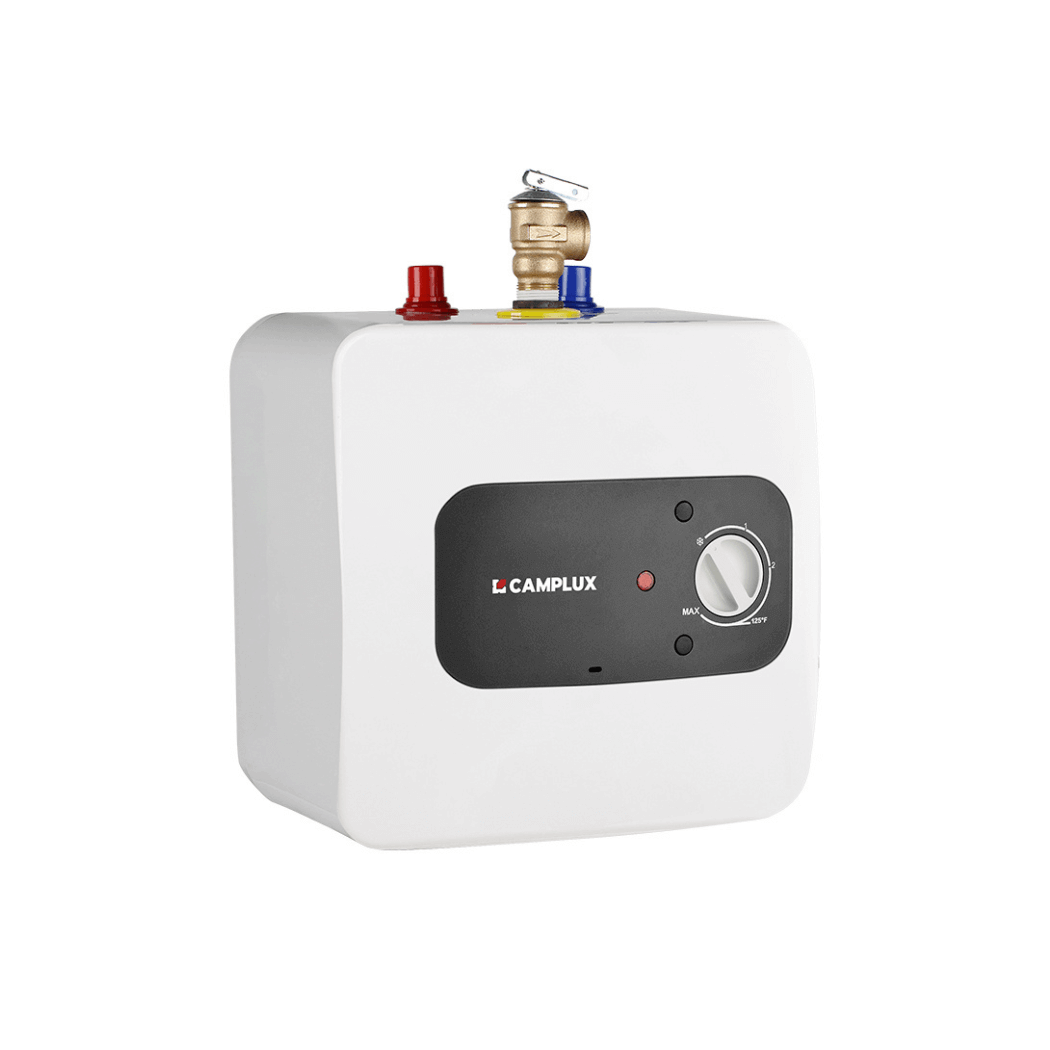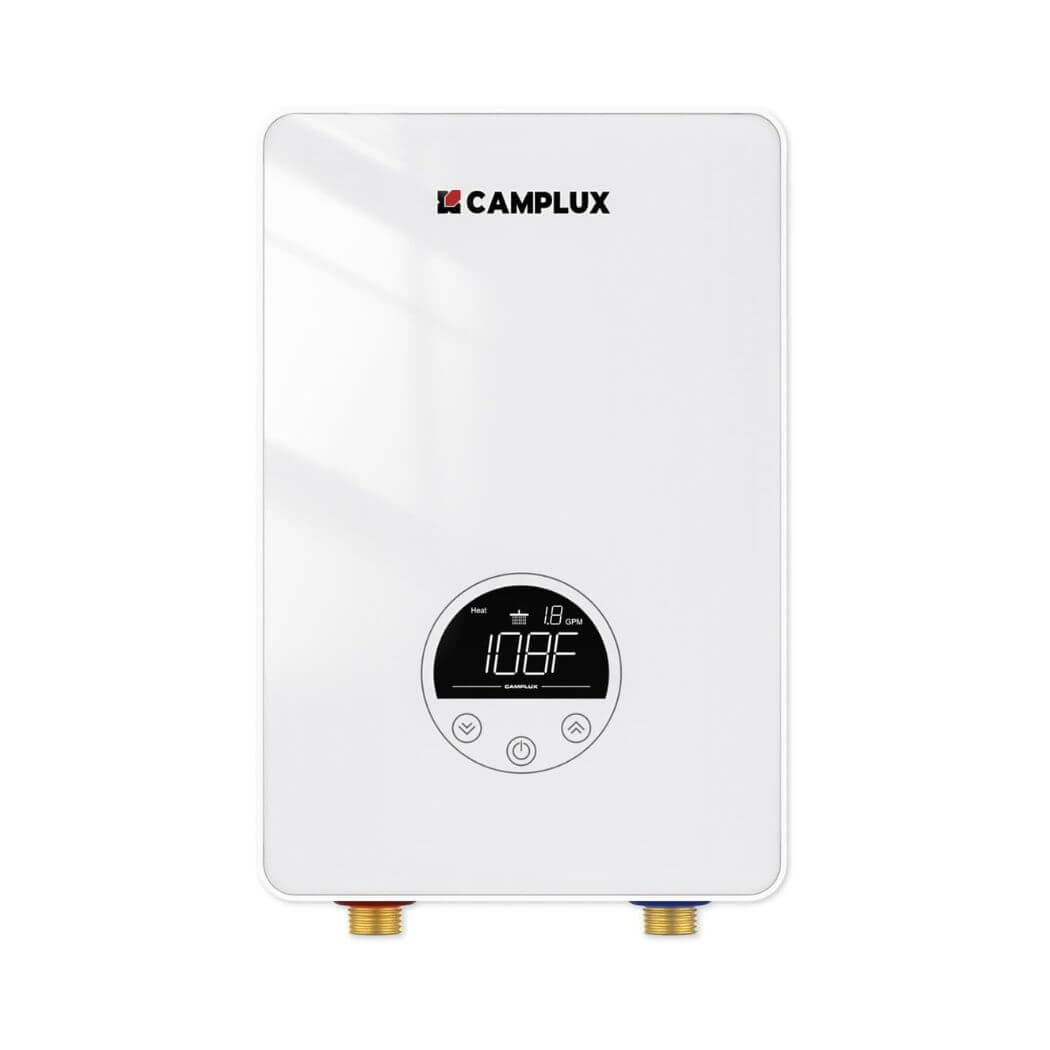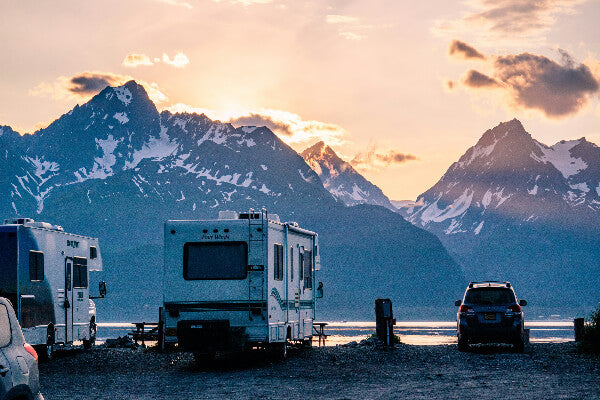Embarking on a solo camping adventure in Texas can be an exhilarating experience for female travelers. It offers an opportunity to recharge, connect with nature, and cultivate a sense of independence. However, safety should always be a top priority when venturing into the great outdoors alone. This article will provide valuable tips and insights to ensure the safety and enjoyment of solo female campers in Texas.
Key Takeaways
- Prioritize safety and comfort when choosing a campsite
- Pack only essential gear and prepare for changing weather conditions
- Trust your instincts and be aware of your surroundings
- Gradually increase trip length and brush up on essential camping skills
- Learn how to keep your mind calm and share your plans with someone you trust
Choosing the Right Campsite
Prioritize Safety and Comfort
When embarking on a solo camping adventure, the importance of prioritizing safety and comfort cannot be overstated. Choose a campsite that feels secure and allows you to relax fully. This means considering not only the natural surroundings but also the local population and amenities that can enhance your overall experience.
- Maintain a tidy and organized campsite to maximize comfort and efficiency. This includes dividing your gear into designated areas within your tent, keeping essential items within easy reach.
- Opt for travel-sized toiletries or solid alternatives to avoid spillage and unnecessary bulk.
- Equip yourself with essential information such as emergency contact numbers and local embassy details.
When selecting your gear, remember that a well-designed bag isn't just a container; it's a partner in your journey. Opt for quality and durability to safeguard your belongings and ensure a smooth camping experience.
Consider Weather Conditions
When planning a solo camping trip, always check the weather forecast for your destination. Sudden changes in weather can impact not only your comfort but also your safety. Pack gear that can handle a variety of conditions, including rain gear, warm layers, and sun protection.
Weather patterns can significantly affect your camping experience. For instance, a clear night sky is perfect for stargazing, while an overcast day may dampen your spirits and photography opportunities. Be prepared to adapt your activities according to the forecast.
Remember, the weather at higher elevations can be drastically different from lower areas. Always be prepared for colder temperatures and stronger winds when camping at altitude.
Here's a quick checklist to help you pack for the weather:
- Waterproof tent and rainfly
- Insulated sleeping bag
- Moisture-wicking clothing
- Sunscreen and hat for UV protection
- Extra layers for warmth
By being mindful of the weather and packing accordingly, you can ensure a more enjoyable and safe solo camping adventure.
Selecting Well-Populated Areas
When embarking on a solo camping adventure, selecting a well-populated area can provide a sense of security and the opportunity for social interaction. Areas with a moderate number of fellow campers can offer assistance in case of emergencies and can deter potential threats.
Accessibility to local amenities such as stores, emergency services, and established trails should be a key factor in your decision-making process. Here's a quick checklist to consider when choosing your campsite:
- Proximity to other campers
- Availability of emergency services
- Access to well-maintained trails
- Nearby supply stores
Remember, a well-chosen campsite not only ensures safety but also enhances your overall camping experience by providing peace of mind.
Essential Gear for Solo Campers
Pack Only What You Need
When embarking on a solo camping adventure, the key to mobility and ease is to pack only what you need. This not only makes your backpack lighter but also simplifies your decision-making process. Start by creating a checklist of essential items, ensuring you're not weighed down by unnecessary gear.
- Clothing: Opt for versatile pieces that can be layered and are suitable for various weather conditions.
- Shelter: A lightweight tent or hammock with a weatherproof cover.
- Cooking: A compact stove, fuel, and a multi-use utensil set.
- Hydration: A durable water bottle and a water purification method.
- Navigation: A reliable compass or GPS device, and a map of the area.
Remember, the goal is to be self-sufficient without overburdening yourself. Every item in your pack should serve a purpose or have multiple uses.
By following the mantra of 'less is more', you can focus on the experience rather than the excess. Consult online resources like the Essential Camping Gear Checklist from Under30Experiences for guidance on what to include for your trip. This approach not only saves space but also prepares you for a more enjoyable and manageable solo camping experience.
Prepare for Changing Conditions
When embarking on a solo camping adventure, the importance of being prepared for changing conditions cannot be overstated. Always check the weather forecast before you set out and be ready to adapt to any shifts in climate. For instance, if you're heading into a warm weather climate, pack lightweight and breathable clothing, a broad-brimmed hat, sunglasses, and sunscreen to protect against the sun. Hydration is key, so include plenty of water and perhaps a cooler box for your drinks.
In colder climates, your gear should include thermal clothing, warm hats, gloves, and scarves. Don't forget a warm blanket or two and a thermos for hot beverages. For those venturing into icy or snowy conditions, carrying tire chains can be a lifesaver. Conversely, wet weather demands waterproof clothing, a high-quality raincoat, waterproof trousers, and an umbrella. Always have a set of absorbent towels on hand to dry off any unexpected rainwater.
It's essential to have a Plan B. Sometimes, despite our best efforts, things don't go as planned. Having a contingency plan for unexpected weather or emergencies ensures that you can stay safe and enjoy your trip without unnecessary stress.
Remember to pack food and water essentials, and consider the need for a navigation device to stay on course. A reliable means of communication, such as a fully charged cell phone or a satellite phone, is crucial for staying connected in case of emergencies. By preparing for various climates and potential scenarios, you'll ensure a more comfortable and enjoyable journey.
Carry Necessary Safety Precautions
When embarking on a solo camping adventure, it's crucial to carry necessary safety precautions to ensure a secure and enjoyable experience. Your safety toolkit should include items that can help in various situations, from attracting attention during emergencies to protecting yourself from potential threats.
Personal safety devices such as whistles or personal alarms are compact yet powerful tools for signaling distress. It's advisable to have these easily accessible at all times. If you're comfortable and it's legal in your camping area, consider carrying a self-defense tool as an additional measure of security.
Fire safety is another aspect that cannot be overlooked. Always adhere to fire regulations and have a bucket of water or fire extinguisher ready to handle any unexpected flames. Remember to fully extinguish your campfire before leaving it unattended.
Respect for wildlife and nature is paramount. Ensure you're aware of the local fauna and flora and maintain a safe distance, storing food securely to avoid attracting animals.
Lastly, familiarize yourself with the safety guidelines of the area you're visiting. Knowledge of local organizations and their safety protocols can be invaluable. By being prepared, you can confidently enjoy the solitude of solo camping while minimizing risks.
Safety Tips for Solo Female Campers
Trust Your Instincts
Trust your instincts as they are your first line of defense when camping alone. If a situation feels uncomfortable or someone gives you a bad vibe, do not hesitate to act. It's better to be safe and relocate than to ignore your gut feelings.
Intuition is not just a feeling; it's an accumulation of subliminal cues that your brain processes. Here's how you can hone this skill:
- Be attentive to your feelings and the reasons behind them.
- Practice mindfulness to be more in tune with your environment.
- Take a self-defense class to boost your confidence in your instincts.
Always have a plan for quick exit strategies and share your itinerary with a trusted contact. Regular updates are crucial, especially if you change your plans.
Remember, your safety is paramount. Utilizing technology such as real-time location sharing apps can provide an additional layer of security. Choose accommodations that prioritize security, like those with secure entrances and 24-hour reception services.
Keep a Low Profile
Maintaining a low profile is crucial for solo female campers to ensure safety and minimize unwanted attention. Dress in neutral, unobtrusive colors and avoid flashy or expensive-looking gear. This not only helps you blend into the natural surroundings but also makes you less of a target for theft or other disturbances.
By keeping your campsite simple and avoiding excessive displays, you can enjoy your solitude without drawing attention to yourself.
Here are some practical ways to keep a low profile while camping:
- Use a tent that matches the environment in color and size.
- Avoid making loud noises or playing music that can travel far distances.
- Keep the use of artificial light to a minimum, especially at night.
- Be mindful of your footprint and leave no trace of your stay.
Remember, the goal is to enjoy the serenity of nature without imposing on it or altering the experience of others. Stealth camping tips, such as wearing earth-toned clothing and being mindful of your surroundings, can enhance your ability to stay discreet during your adventures.
Be Aware of Your Surroundings
Maintaining a high level of awareness is crucial when camping alone. Stay vigilant and continuously scan your environment for anything unusual. If you sense that something isn't right, trust that feeling and take action, whether that means altering your plans or reaching out for help.
Security of your personal items is also paramount. Here are some steps to keep your belongings safe:
- Lock your tent when you're away from it.
- Store valuables in hidden compartments or lockboxes.
- Keep items out of plain view to avoid tempting potential thieves.
Carrying personal safety devices such as a whistle can provide an extra layer of security. It's a simple tool, but it can be incredibly effective in attracting attention if you find yourself in distress.
Remember, your safety is the top priority. By being proactive and prepared, you can enjoy the solitude of solo camping without compromising your well-being.
Building Confidence in Camping Skills

Gradually Increase Trip Length
Embarking on a solo camping journey is an exhilarating way to connect with nature and oneself. Start with shorter trips to build your confidence and become familiar with the nuances of camping alone. As you grow more comfortable, gradually extend the duration of your trips. This approach allows you to test your preparedness and adjust your gear and strategies accordingly.
For a smooth transition to longer excursions, consider the following steps:
- Familiarize yourself with your equipment on short overnight stays.
- Practice setting up camp and packing down efficiently.
- Increase trip length incrementally, ensuring you're comfortable at each stage.
Remember, the goal is to enjoy the solitude and freedom of solo camping, not to rush the process. Take the time to savor each moment and learn from each experience.
By taking a measured approach to extending your trips, you'll enhance your camping skills and ensure a more enjoyable and safe adventure. Solo camping is a great way to enjoy the freedom of being on your own, and with careful planning, you can make each trip a rewarding experience.
Brush Up on Essential Skills
Before venturing out on a solo camping trip, it's crucial to brush up on essential camping skills. This preparation not only ensures a smoother experience but also boosts your confidence in handling various situations. Start with the basics: setting up a tent, lighting a fire, and cooking simple meals. These are the pillars of a successful camping adventure.
Navigation is another key skill to refine. Whether using a traditional compass and map or a GPS device, being able to find your way is vital. Practice in a local park or on familiar trails before relying on these skills in the wilderness.
Remember, the goal is not to become an expert overnight but to build a solid foundation of skills that will enhance your camping experience.
Here's a quick checklist to help you focus on important areas:
- Tent setup and takedown
- Fire building techniques
- Basic first aid
- Food storage and cooking
- Water purification methods
- Leave No Trace principles
By dedicating time to practice these skills, you'll be better equipped for your solo camping journey.
Keep Your Mind Calm
Maintaining a calm mind is essential when you're out in the wilderness alone. Practicing mindfulness and meditation can be incredibly beneficial in managing stress levels and enhancing your overall camping experience. Apps like Headspace offer guided sessions that can be easily integrated into your daily routine, even while on the go.
Deep breathing is another simple yet effective technique to help you stay relaxed. It's a skill that can be honed with practice and used anytime you feel overwhelmed by solitude or the challenges of camping alone. Here's a quick guide to get you started:
- Find a comfortable and quiet spot.
- Close your eyes and take a slow, deep breath in through your nose.
- Hold your breath for a few seconds.
- Exhale slowly through your mouth.
- Repeat this process for a few minutes.
Keeping a journal can also be a therapeutic way to process your thoughts and experiences during your solo adventure. It allows you to reflect on the day's events and articulate any anxieties or joys you've encountered.
Remember, the goal is to enjoy the solitude and the unique experiences that solo camping has to offer. By incorporating these practices into your routine, you can ensure that your mind stays as refreshed as your body.
Packing List for Solo Female Campers
Camping Gear Essentials
When embarking on a solo camping adventure, ensuring you have the right gear is crucial. Pack smartly, focusing on multi-functional items that serve more than one purpose to save space and weight. Here's a quick checklist to help you cover the essentials:
- Tent
- Sleeping bag
- Sleeping pad
- Camp stove
- Cooking utensils
Remember to consider the expected weather conditions and pack accordingly. Essential clothing should include:
- Comfortable hiking boots
- Moisture-wicking and quick-drying shirts and pants
- Insulating layers
- Rain jacket or poncho
- Hat and sunglasses
Don't overlook the importance of essential items for safety and convenience:
- Headlamp or flashlight
- First aid kit
- Toiletries
- Insect repellent
- Sunscreen
- Water bottle or hydration system
- Camping chair or pad
- Map and compass or GPS device
- Necessary permits or identification
Always double-check your gear before heading out. A forgotten item can range from a minor inconvenience to a critical oversight. Preparing thoroughly ensures a safer and more enjoyable experience.
Safety Precautions
When embarking on a solo camping adventure, safety should be your top priority. Before setting out, research the area thoroughly to understand the potential hazards, including wildlife and weather conditions. Familiarize yourself with the local safety guidelines and ensure you have the necessary gear to address them.
Always carry personal safety devices such as a whistle or personal alarm to attract attention in emergencies. If you're legally permitted and feel comfortable, consider a self-defense tool.
Practice fire safety by adhering to all guidelines and keeping extinguishing tools at hand. Respect wildlife by maintaining a safe distance and never attempting to feed or interact with them. Below is a list of essential safety items to pack:
- Whistle or personal alarm
- Self-defense tool (if legal and comfortable)
- Fire extinguisher or bucket of water
- First aid kit, including a trauma kit
- Headlamp with extra batteries
Remember, being prepared is the best way to ensure a safe and enjoyable solo camping experience.
Entertainment and Comfort
While the solitude of solo camping is a draw for many, it's important to balance quiet reflection with activities that keep your spirits high. Bring along a mix of entertainment options to enrich those moments of downtime. Portable gaming devices, like a handheld console, can be a delightful way to unwind after a day of hiking. For a more analog experience, consider compact versions of board games such as Scrabble or Chess.
Books and audiobooks are also solo camper favorites. They're not only lightweight but provide hours of enjoyment. If you prefer the sounds of nature, curate a playlist of your favorite music or download a selection of podcasts to accompany the rustling leaves and evening campfire.
Comfort is just as essential as entertainment. Don't overlook items like a travel pillow or a cozy blanket to make your campsite feel like a home away from home.
Remember, solo camping is an opportunity to enjoy your own company and the beauty of nature. It's a moment to cherish the serenity of your surroundings, and don't forget to bring along items that enhance relaxation and create lasting memories.
Solo Camping Experience for Female Travelers

Gradually Work Up to Longer Trips
Embarking on solo camping adventures can be a transformative experience, especially for female travelers. Confidence comes with experience, so it's crucial to start with manageable, shorter trips. These initial outings serve as a foundation, allowing you to familiarize yourself with your gear, understand your personal comfort levels, and refine your camping skills in a controlled environment.
As you gain confidence, incrementally increase the duration and complexity of your trips. This approach not only enhances your skills but also ensures that you are well-prepared for any challenges that may arise. Here's a simple progression you might follow:
- Overnight stays at a local campground
- Weekend excursions to state parks
- Multi-day hikes in national forests
- Extended backcountry adventures
Remember, the goal is to build a solid base of experience that will support you in more isolated and challenging environments. Each step should be seen as an opportunity to learn and grow, not just in terms of camping proficiency but also in self-reliance and personal strength.
The journey of a thousand miles begins with a single step. Embrace each trip as a step towards mastering the art of solo camping, and with each new adventure, you'll find yourself more adept and more at ease in the great outdoors.
Feel Confident in Camping Skills
Becoming self-reliant in the wilderness starts with being confident in your camping skills. Mastery of essential tasks such as setting up a tent, igniting a fire, and navigating the terrain is crucial. These skills not only ensure your safety but also enhance your enjoyment of the solo camping experience.
Practice makes perfect, and this is especially true for camping. Regularly rehearsing these skills can transform daunting tasks into second nature:
- Setting up and dismantling your tent efficiently
- Safely starting and extinguishing campfires
- Cooking nutritious meals outdoors
- Navigating with a map and compass
Embrace the learning process as each camping trip will teach you something new about the wilderness and about yourself.
Remember to share your itinerary with someone you trust. This simple step provides a safety net, ensuring that someone is aware of your whereabouts and can act if necessary. As you grow more adept at camping, your confidence will soar, allowing you to fully immerse in the serenity of nature.
Learn How to Keep Your Mind Calm
Maintaining a calm mind is essential for a fulfilling solo camping experience. Practice mindfulness and meditation to center yourself amidst the natural serenity. Techniques like deep breathing and journaling can significantly reduce stress and enhance your connection with the environment.
Embrace the solitude to reflect, recharge, and grow. Solo camping offers a unique opportunity to engage in self-care activities that nurture both body and soul.
To help manage stress and maintain focus, consider incorporating the following into your routine:
- Regular meditation sessions
- Deep breathing exercises
- Keeping a journal of your thoughts and experiences
- Engaging in gentle physical activities like yoga
Remember, the key to a peaceful solo camping trip lies in preparation and the ability to adapt. Equip yourself with the knowledge and skills to handle unexpected situations, and you'll find that solitude becomes a powerful ally in your journey of self-discovery.
Conclusion
Solo camping can be a rewarding and empowering experience, offering a unique opportunity for personal growth, self-discovery, and a deeper connection with nature. By prioritizing safety, preparing essential gear, and embracing the solitude, solo campers can enjoy unforgettable adventures in the great outdoors. Whether it's building confidence in camping skills, staying connected with loved ones, or practicing self-reliance, solo camping offers a chance to create lasting memories and find peace in the beauty of nature. So pack your gear, explore the wonders of Texas, and embark on an unforgettable solo camping journey.
Frequently Asked Questions
What are the essential safety precautions for solo camping?
Essential safety precautions for solo camping include choosing well-populated areas, informing someone of your itinerary, carrying necessary safety gear, and trusting your instincts.
How can solo campers prepare for changing weather conditions?
Solo campers can prepare for changing weather conditions by bringing appropriate gear, such as rain gear, extra layers, and a reliable tent. It's important to stay informed about the weather forecast and be ready to adapt to changing conditions.
What are the safety tips for solo female campers?
Safety tips for solo female campers include trusting your instincts, keeping a low profile, being aware of your surroundings, and sharing your plans with someone you trust.
What essential gear should solo campers pack?
Solo campers should pack essential gear including a reliable tent, sleeping bag, cooking utensils, safety gear, and entertainment for downtime.
How can solo campers build confidence in their camping skills?
Solo campers can build confidence in their camping skills by gradually increasing trip length, brushing up on essential skills, and learning how to keep their mind calm.
What are the safety precautions for solo female campers in Texas?
Safety precautions for solo female campers in Texas include choosing well-populated areas, trusting instincts, keeping a low profile, and being aware of surroundings.
What should be included in the packing list for solo female campers in Texas?
The packing list for solo female campers in Texas should include camping gear essentials, safety precautions, and entertainment and comfort items.
How can female travelers have a safe and enjoyable solo camping experience?
Female travelers can have a safe and enjoyable solo camping experience by gradually working up to longer trips, feeling confident in their camping skills, and learning how to keep their mind calm.

